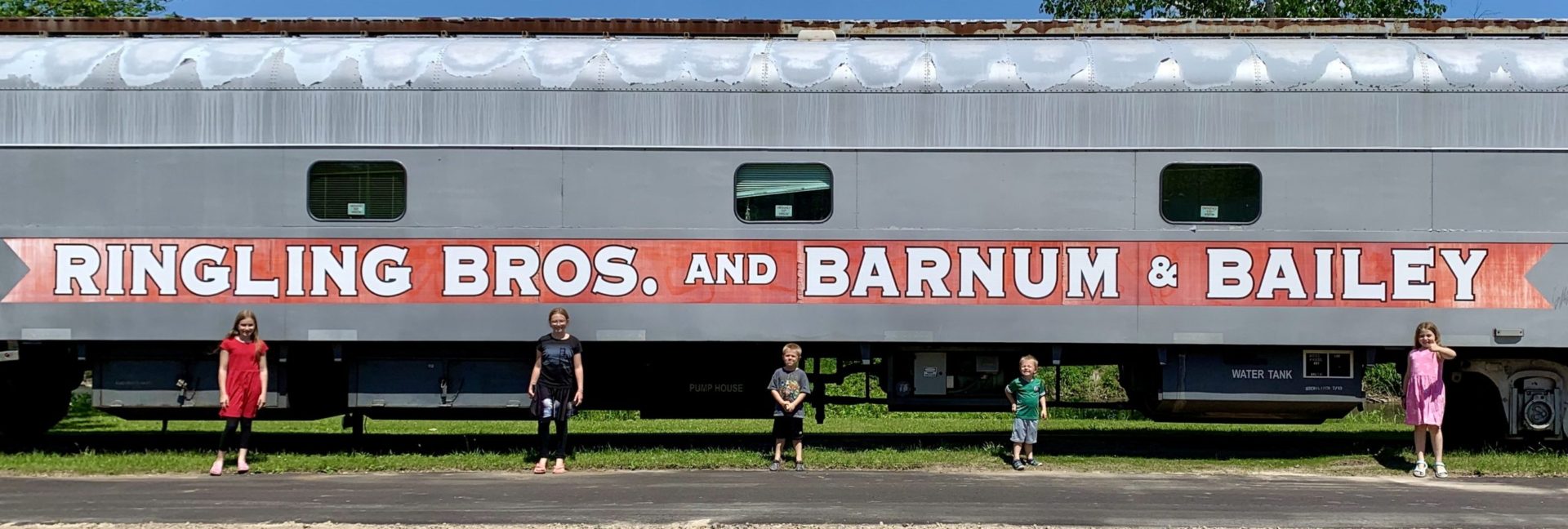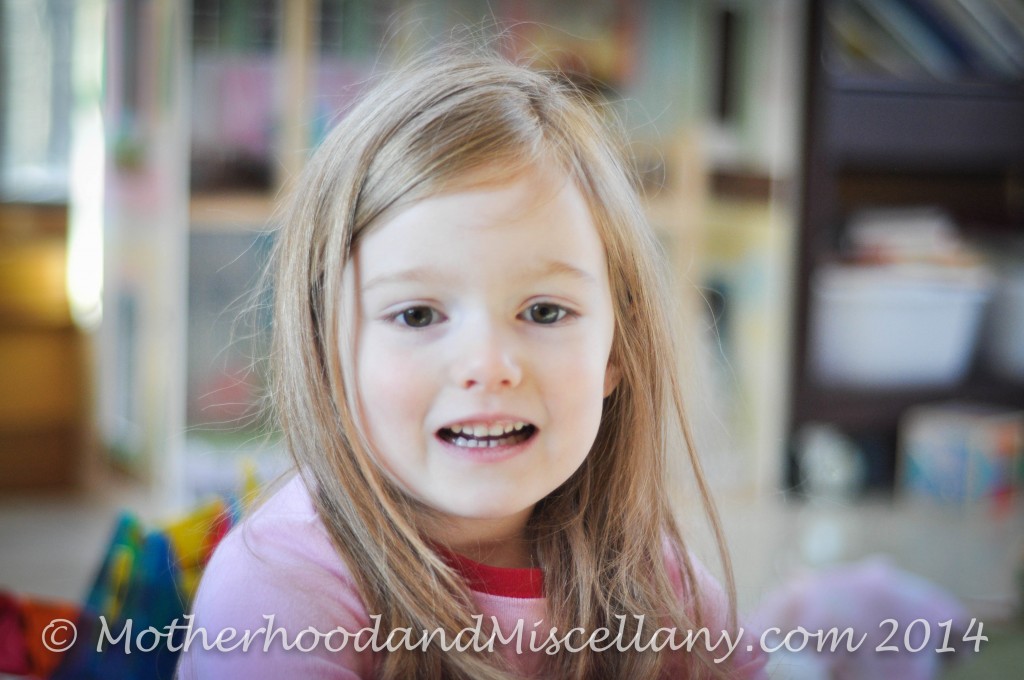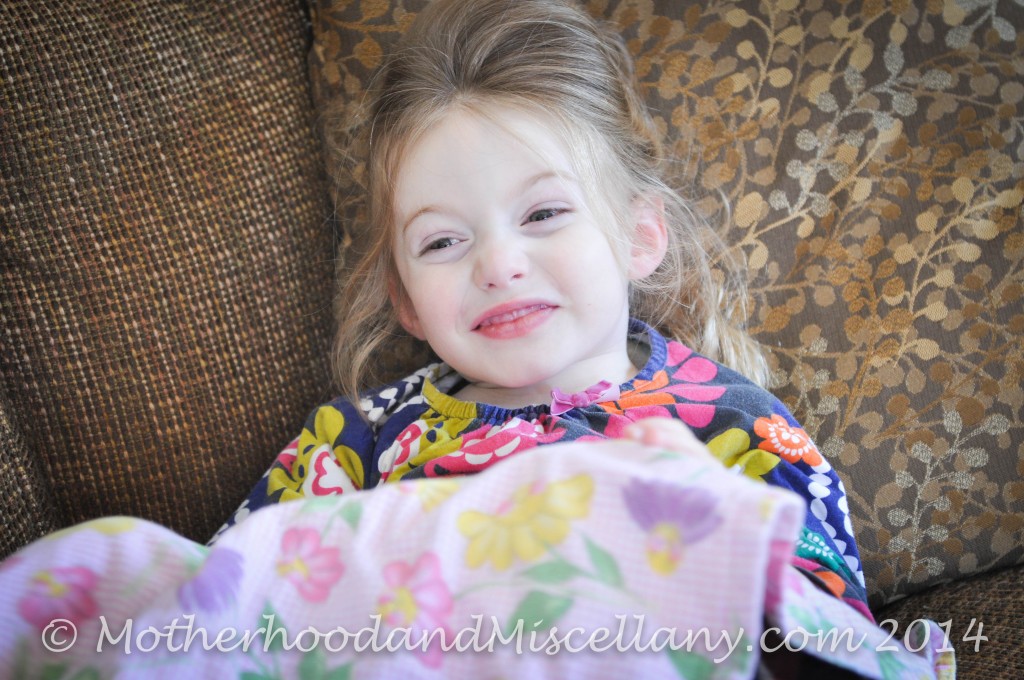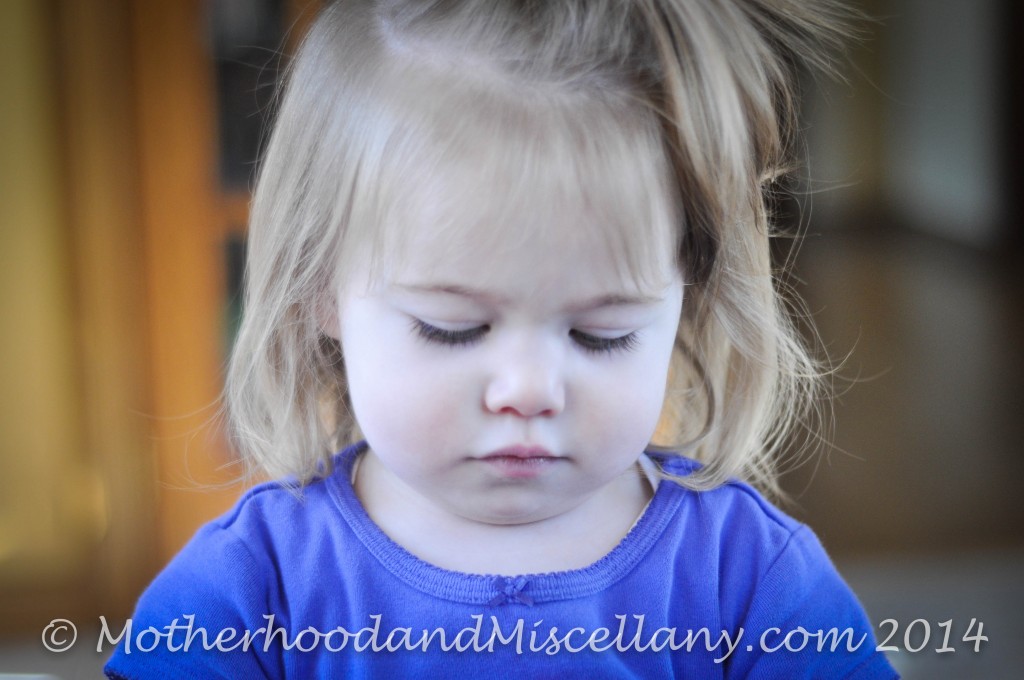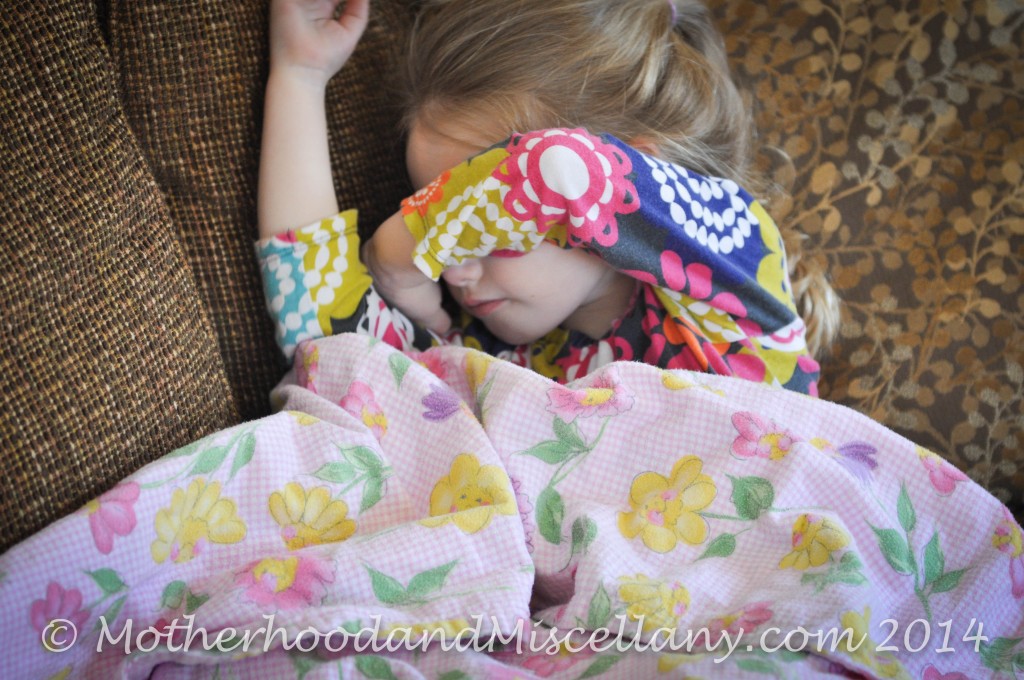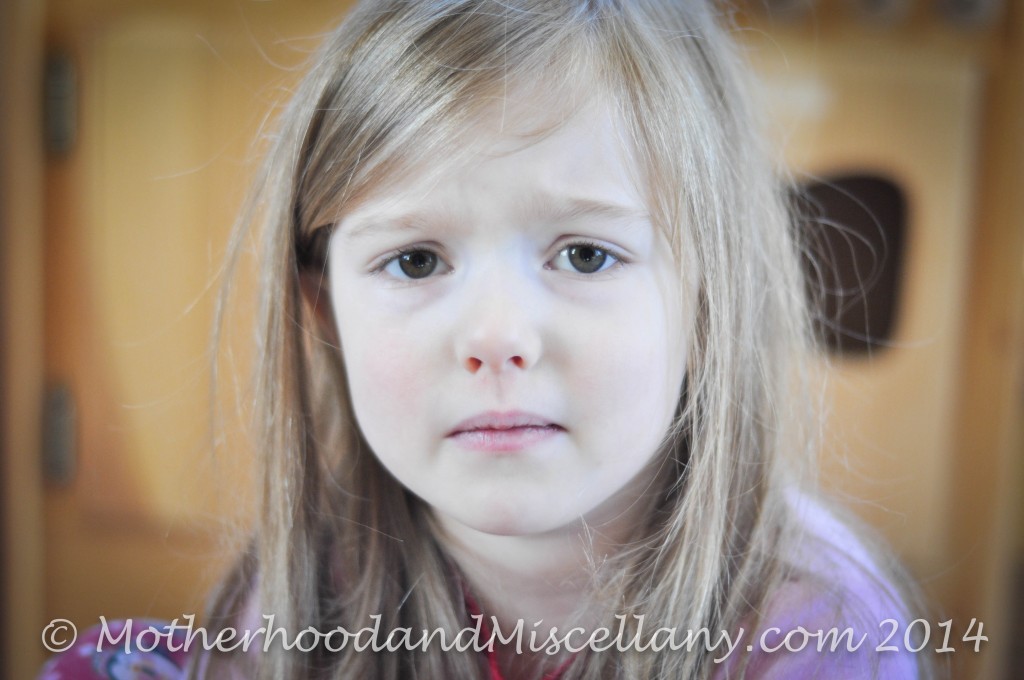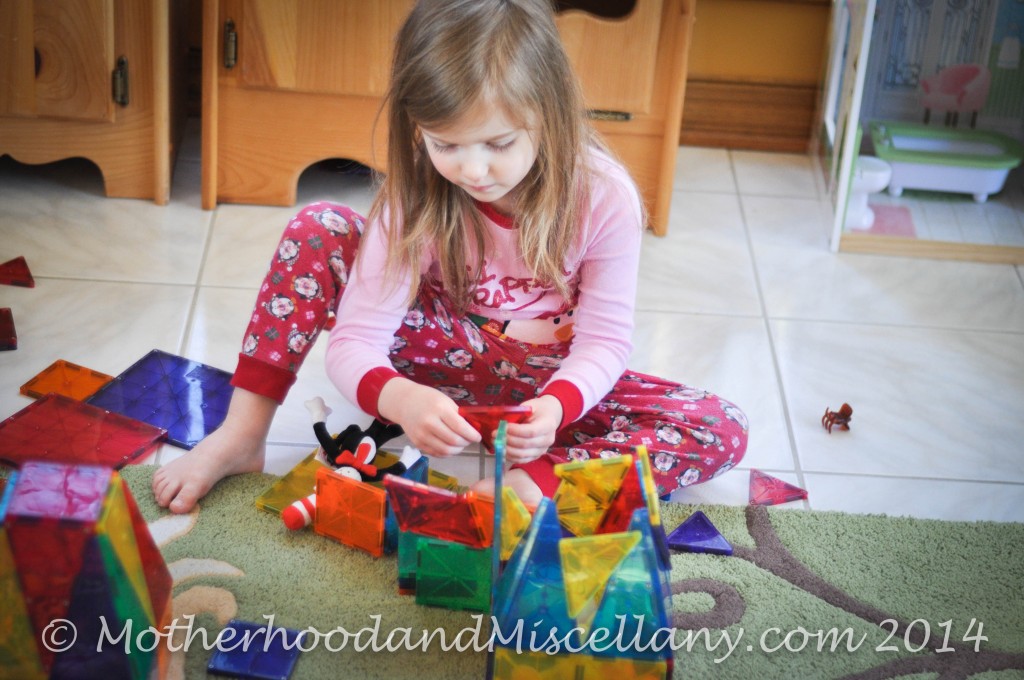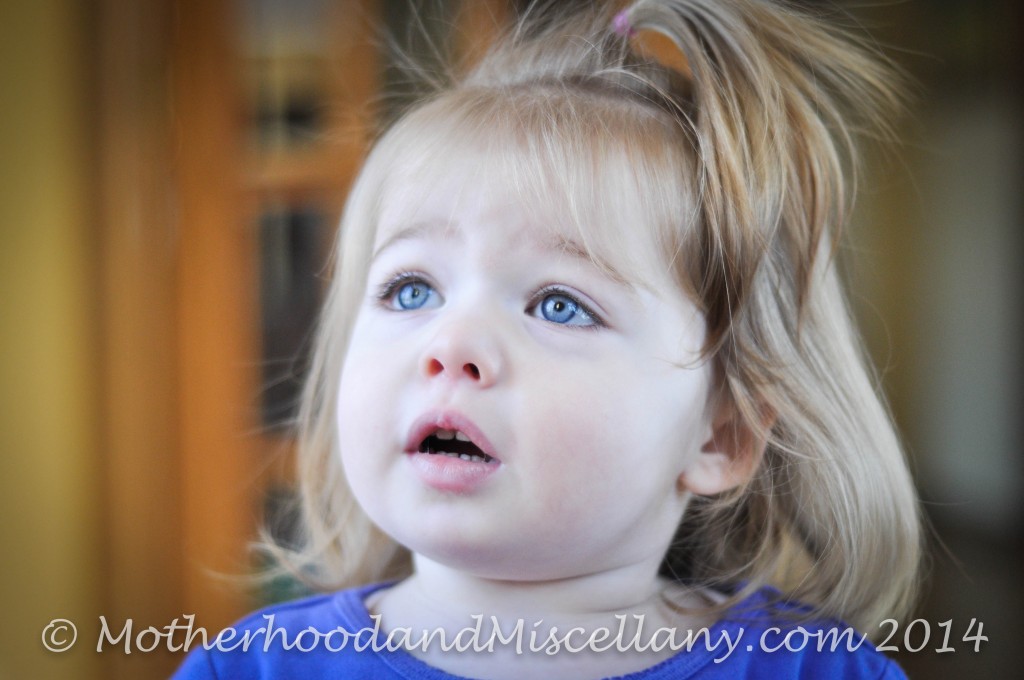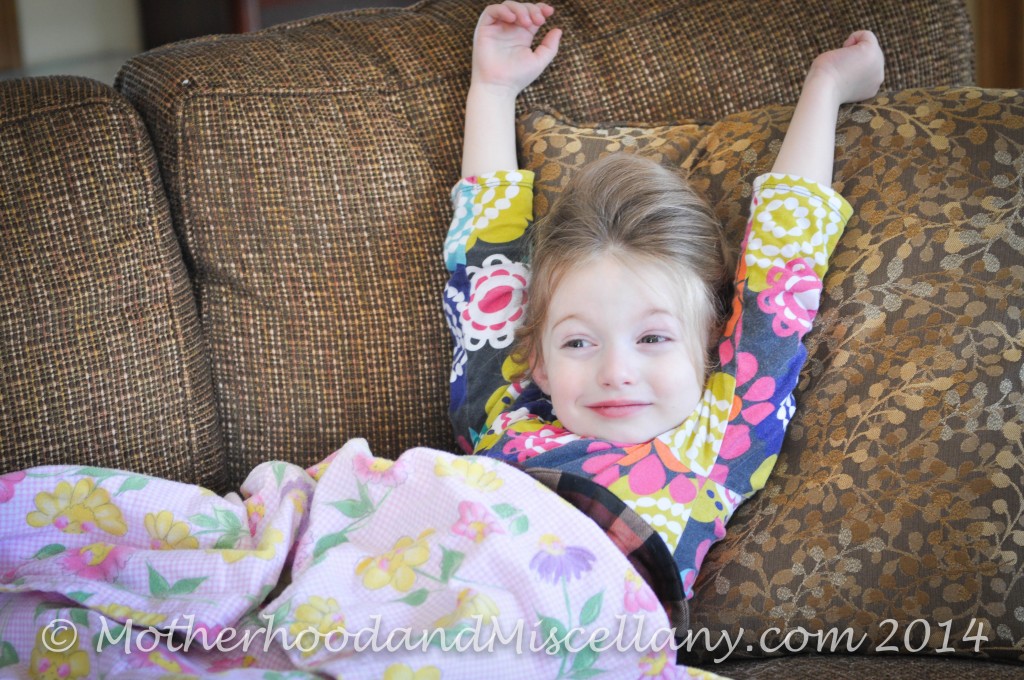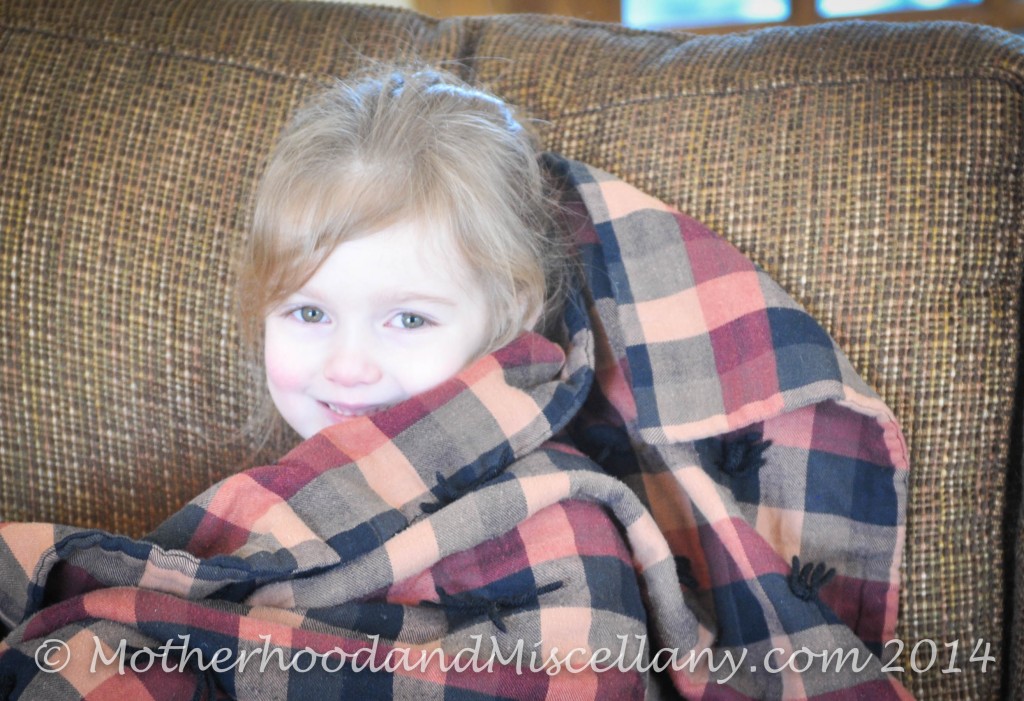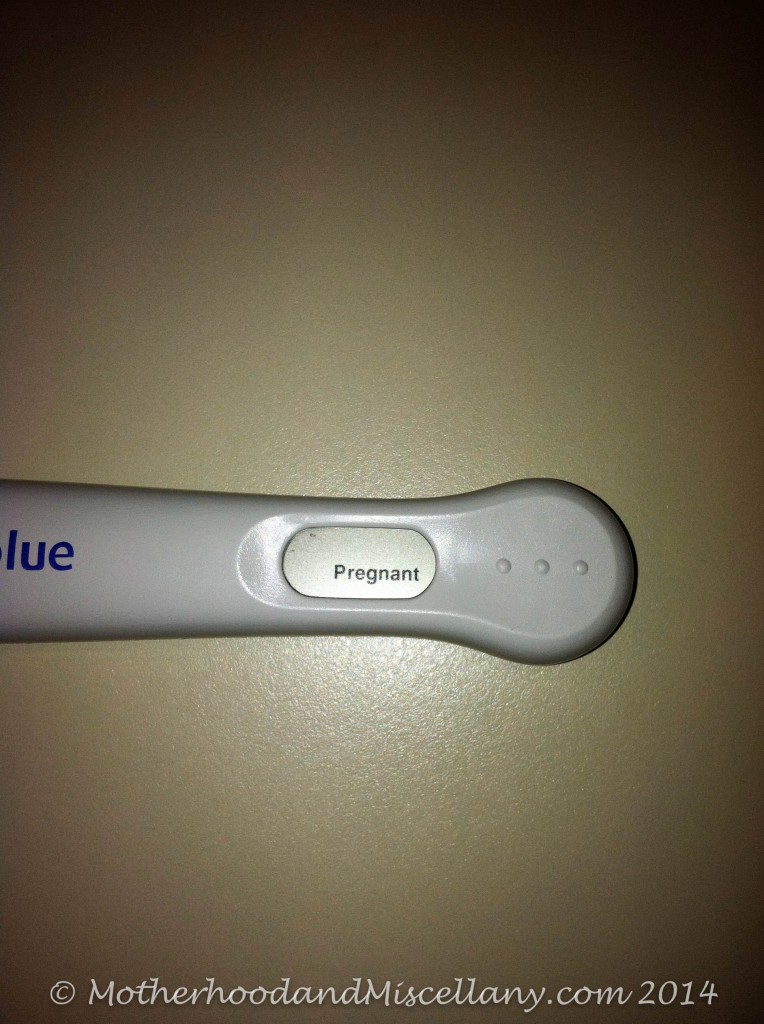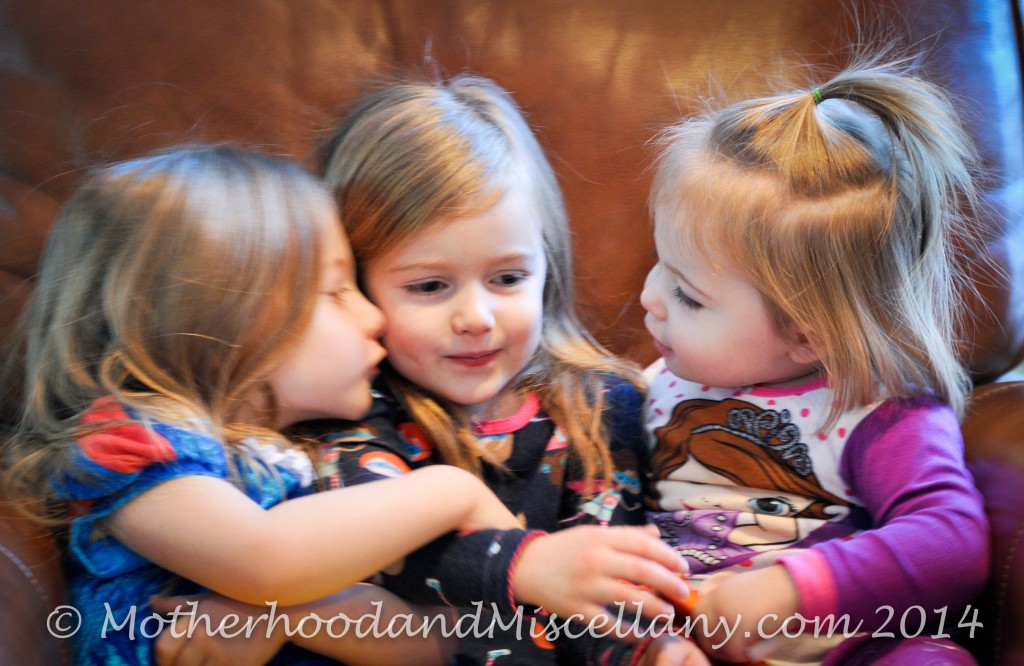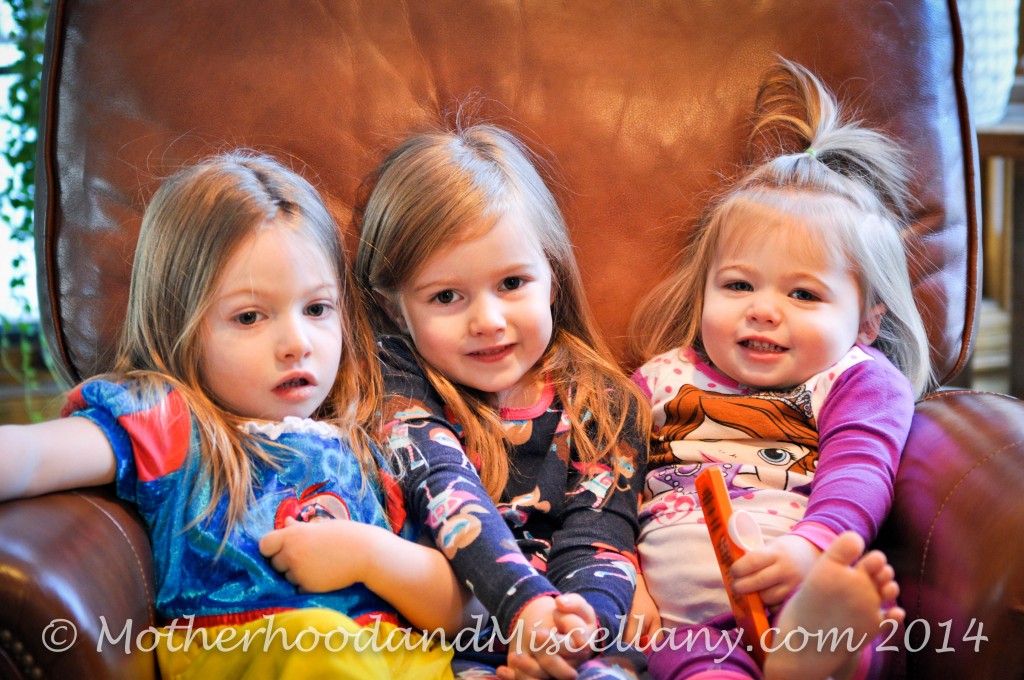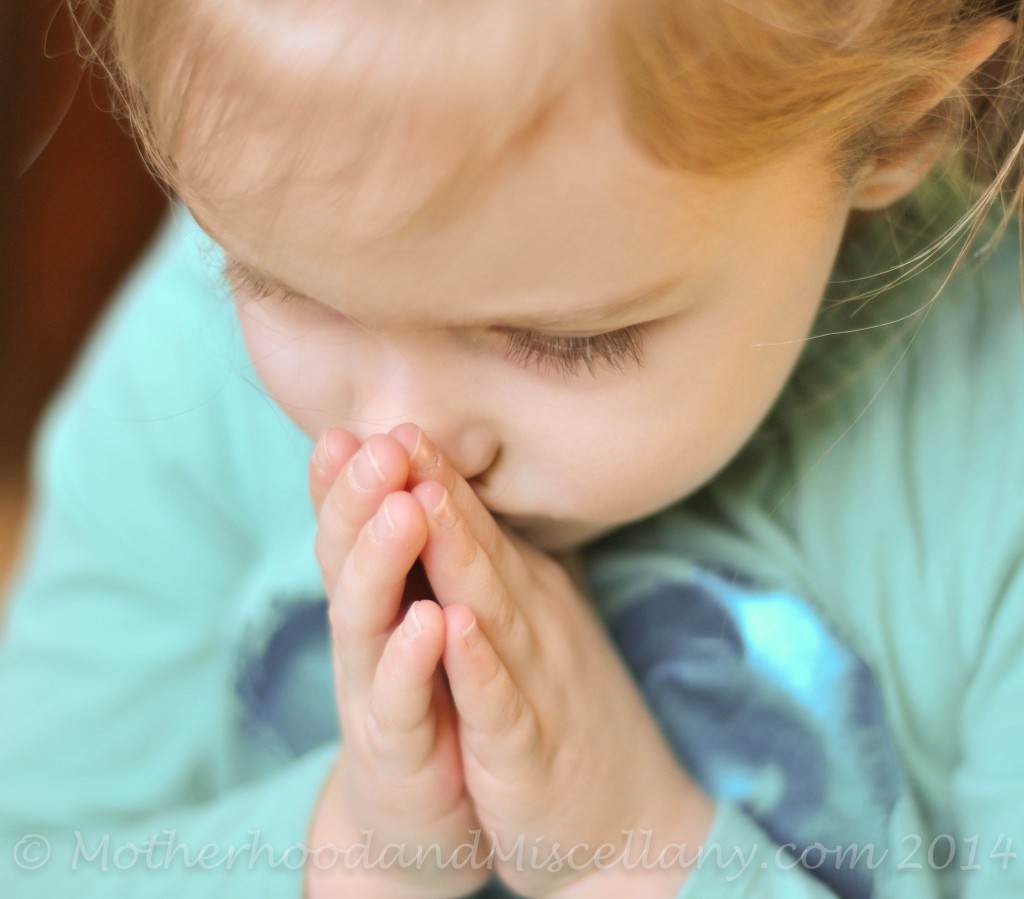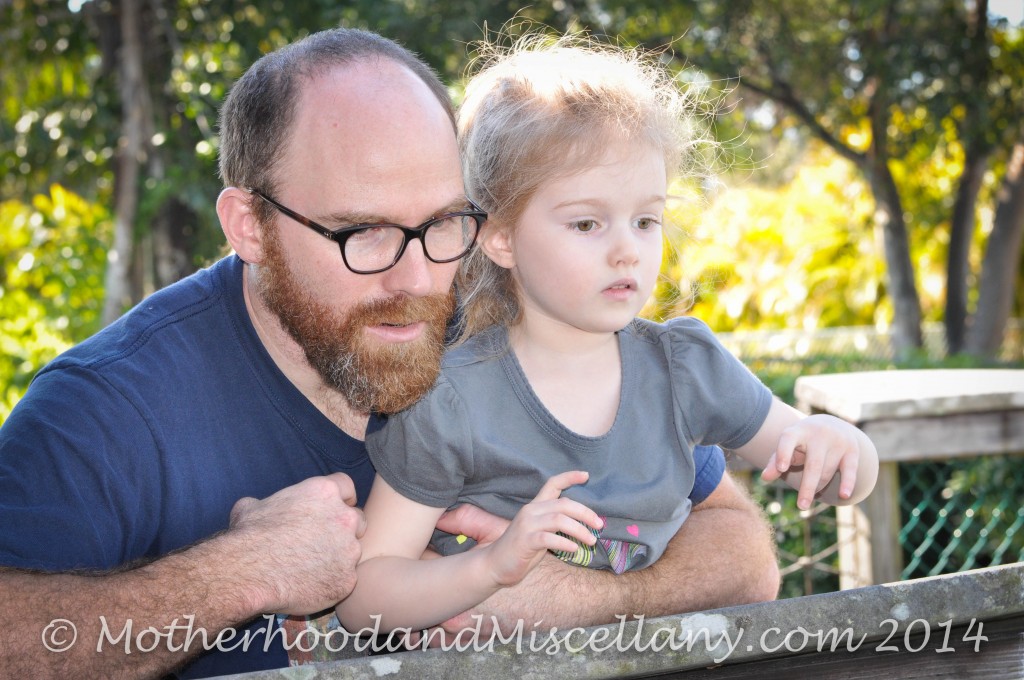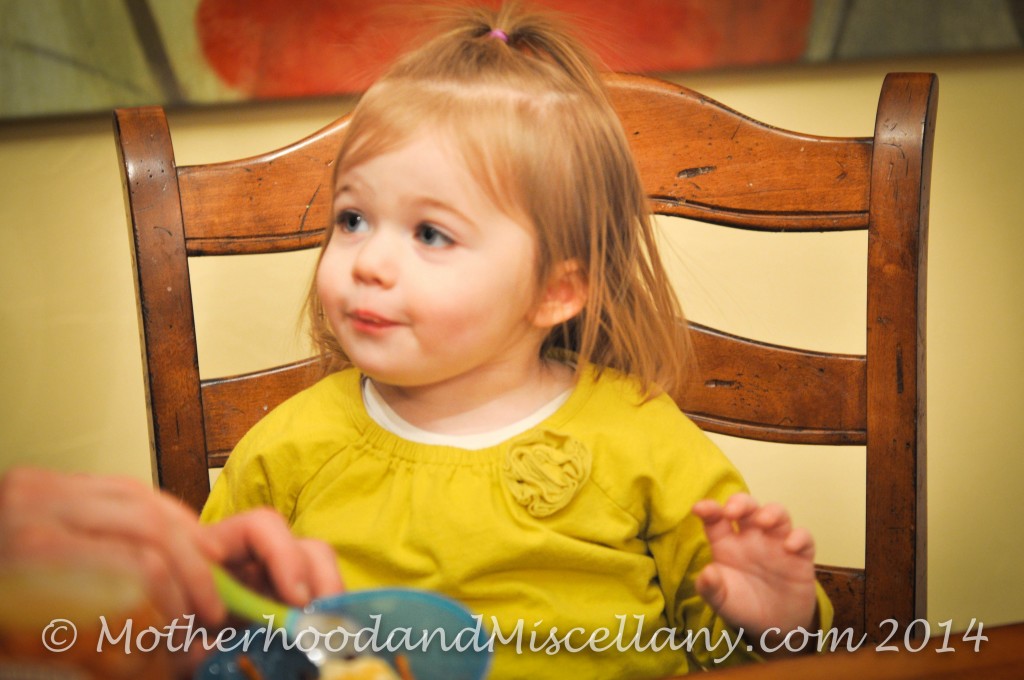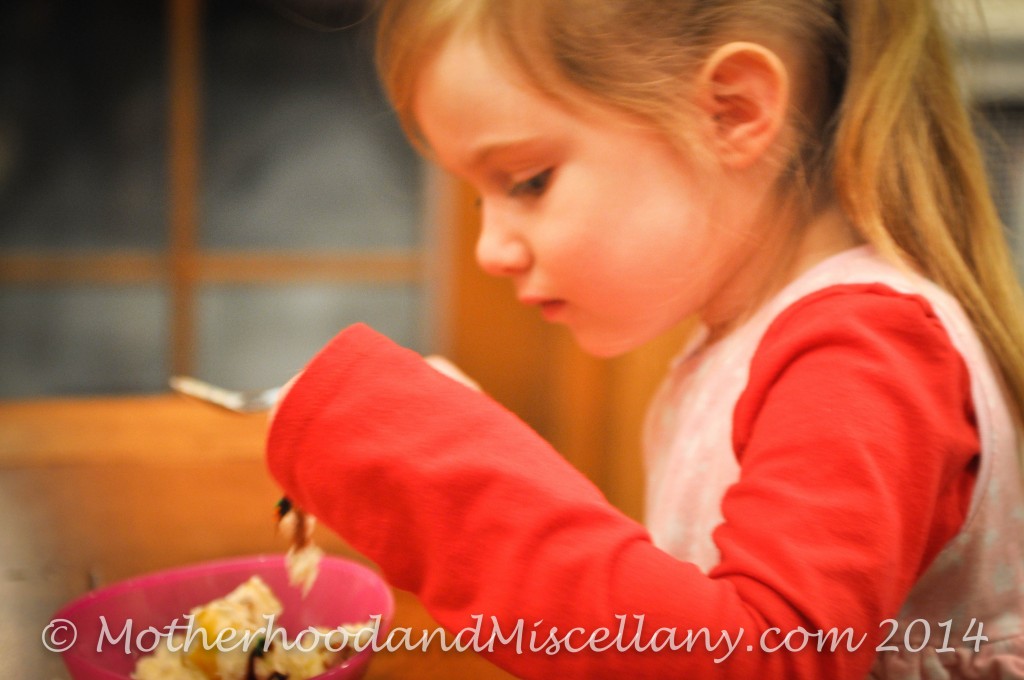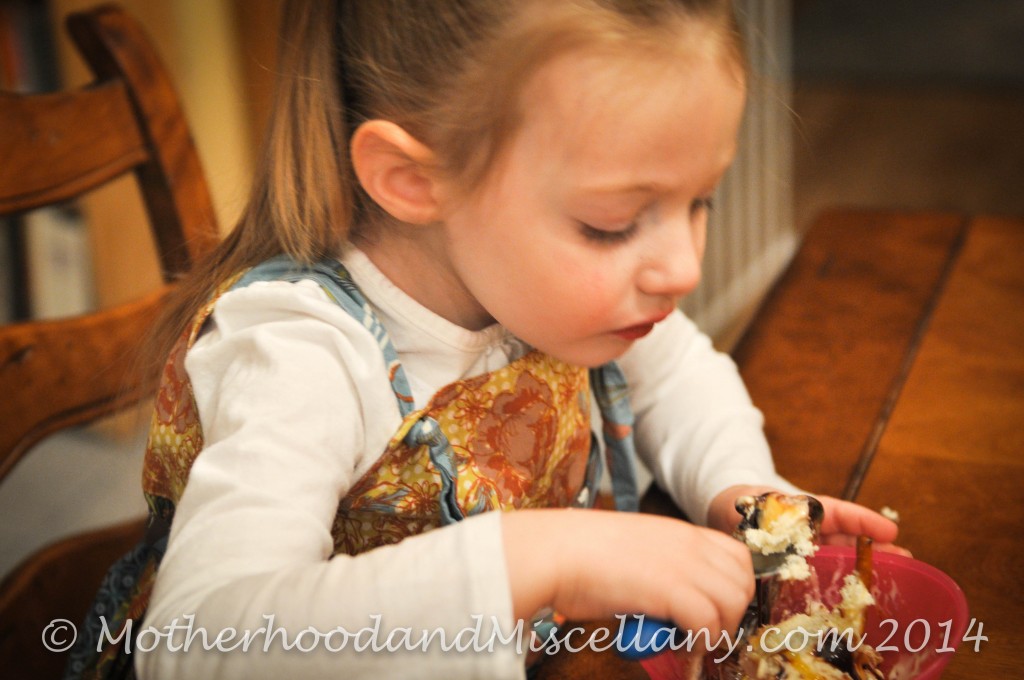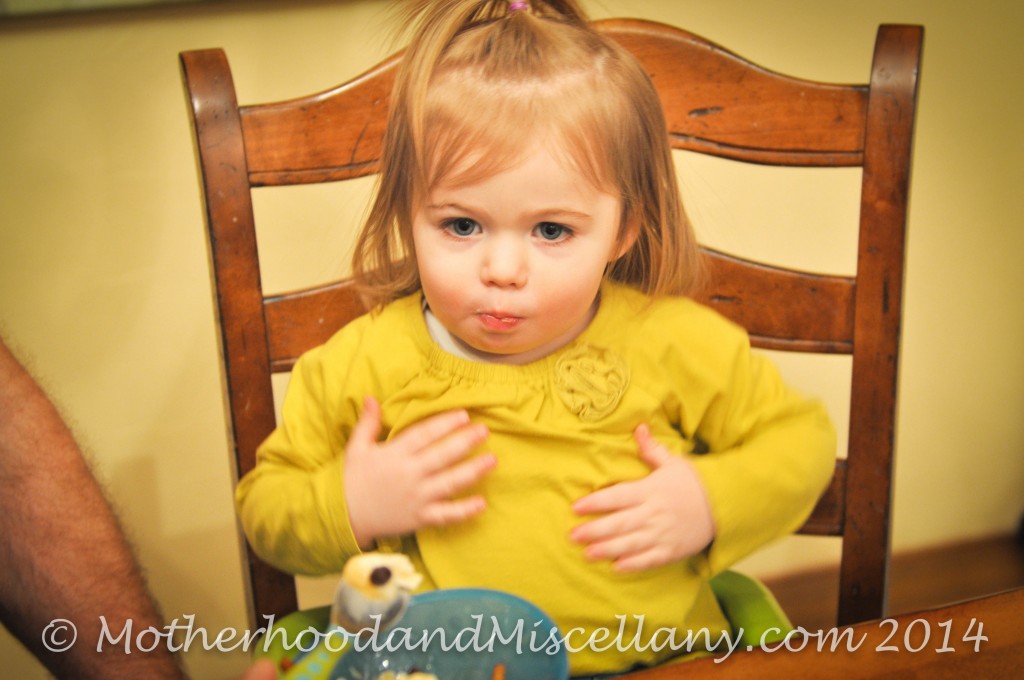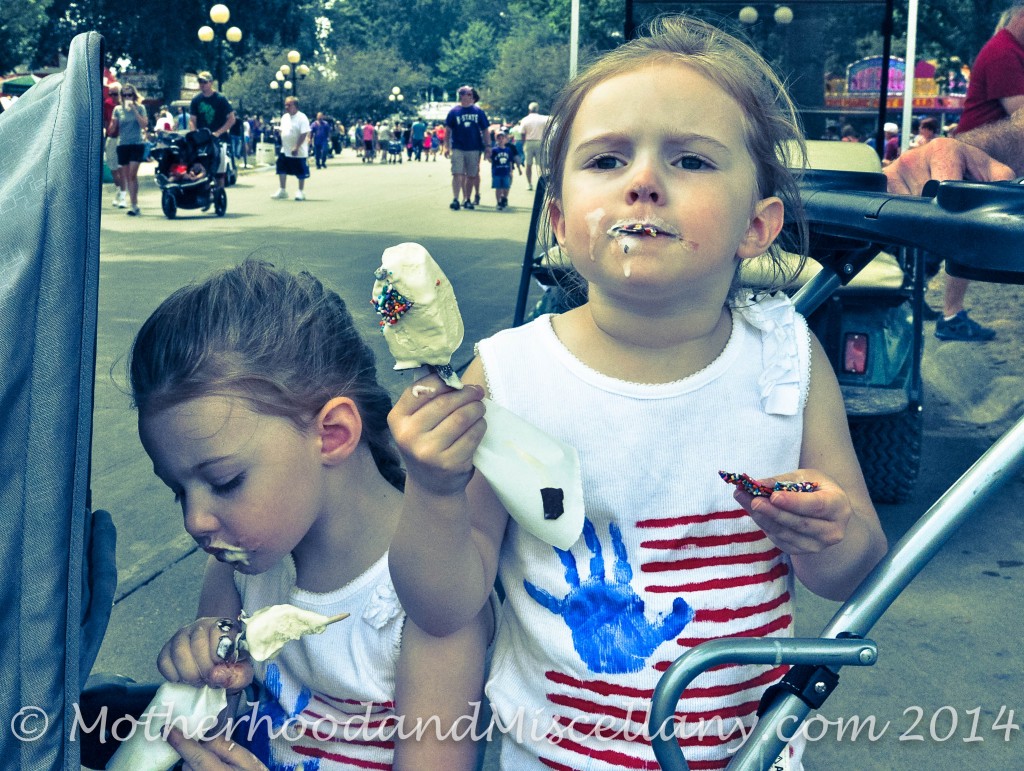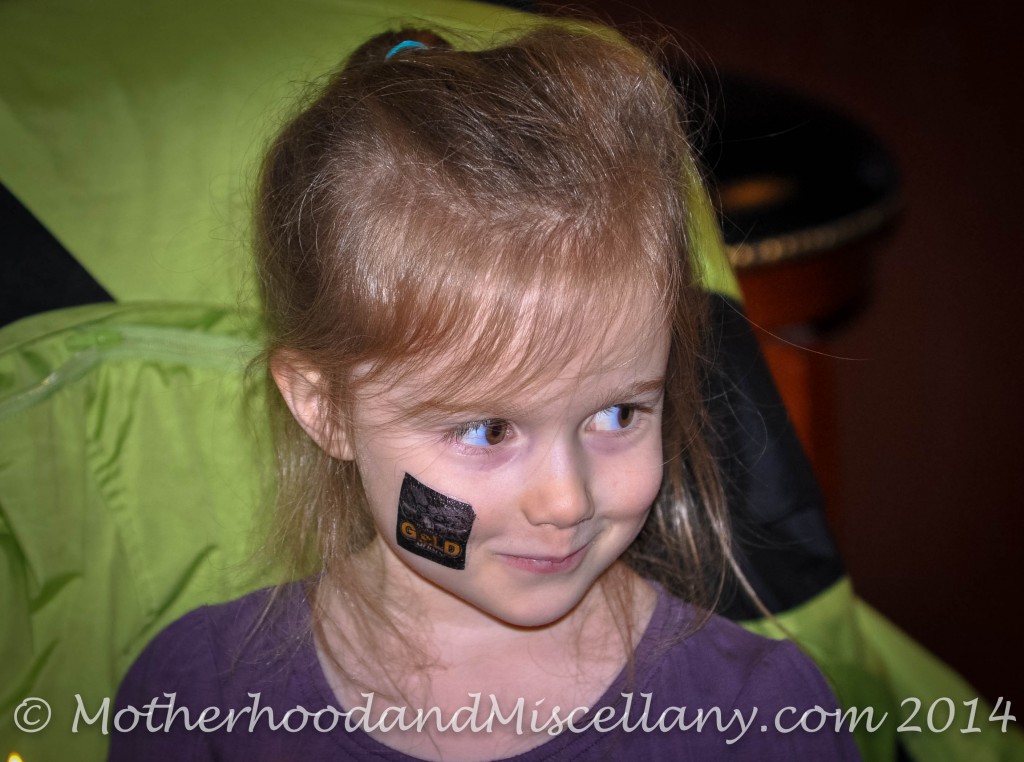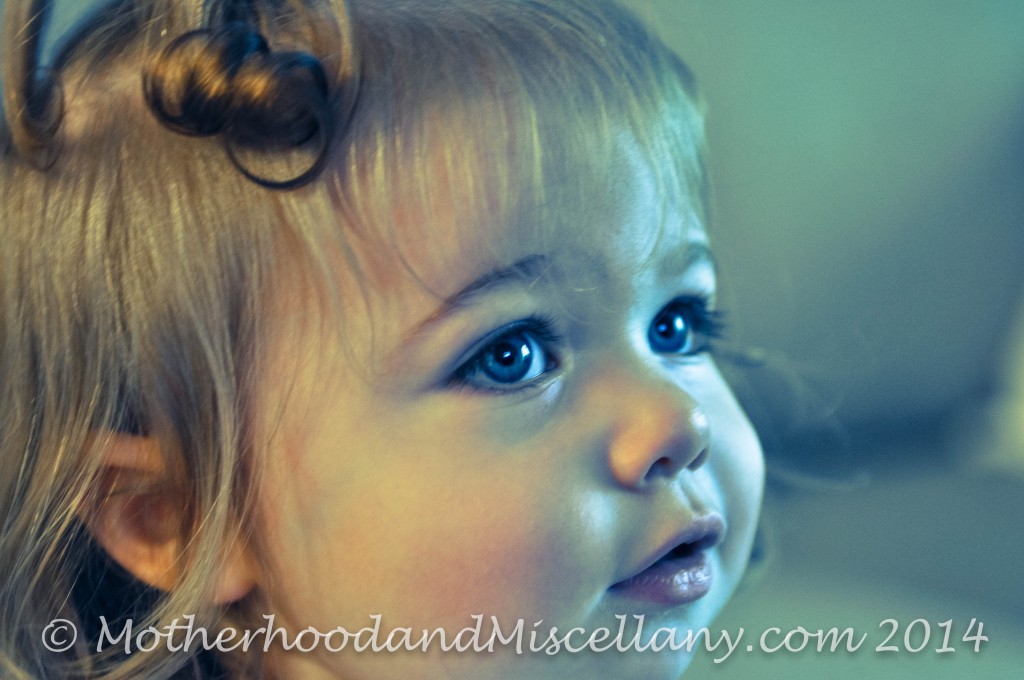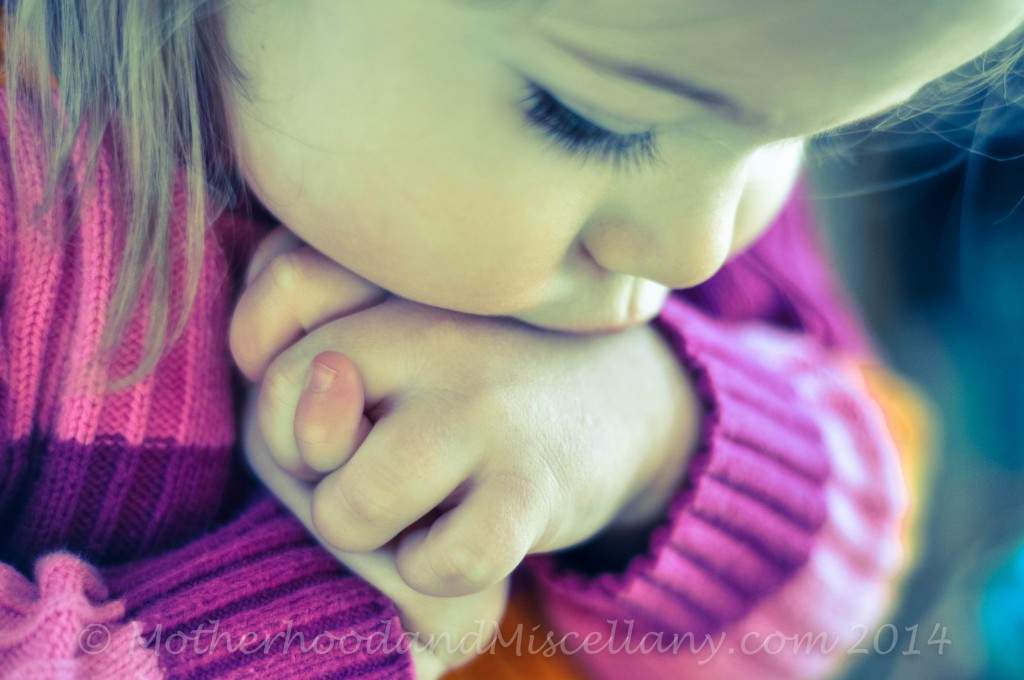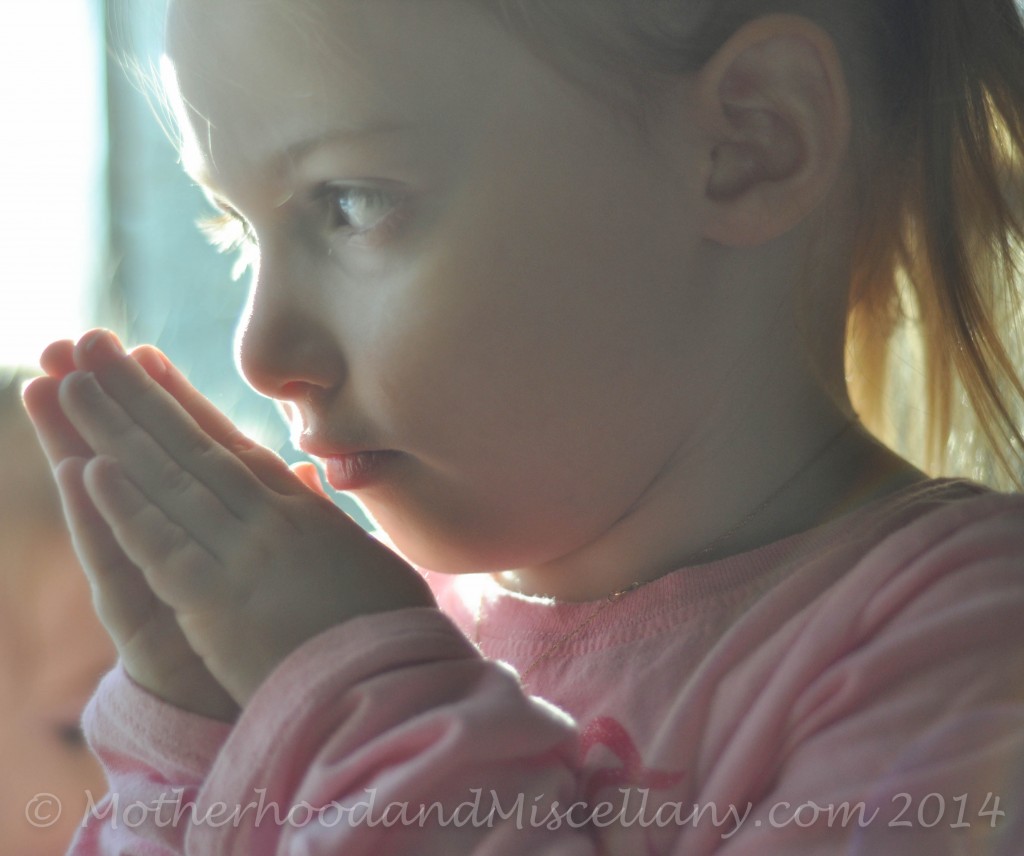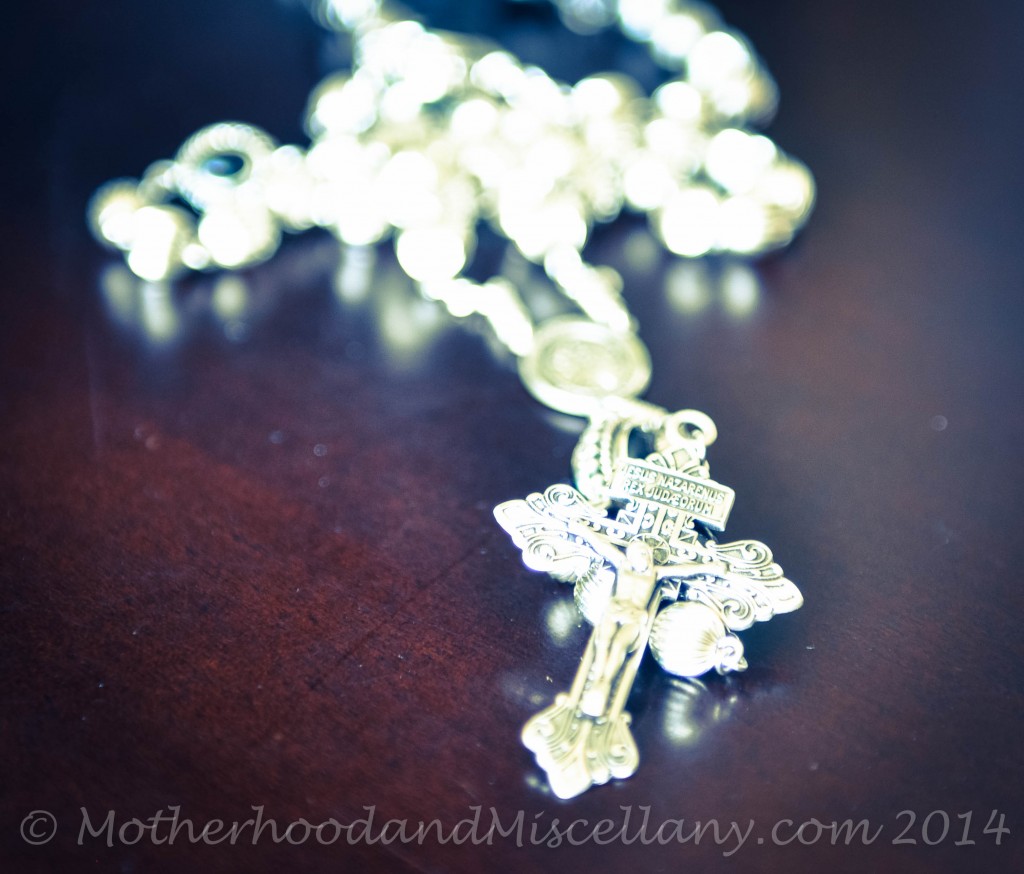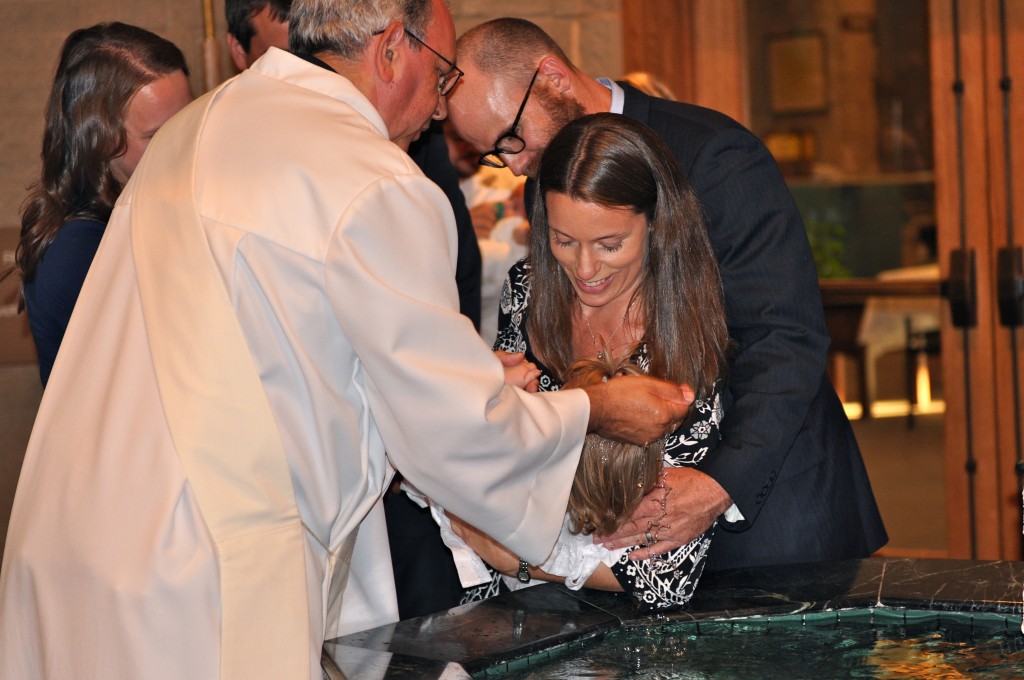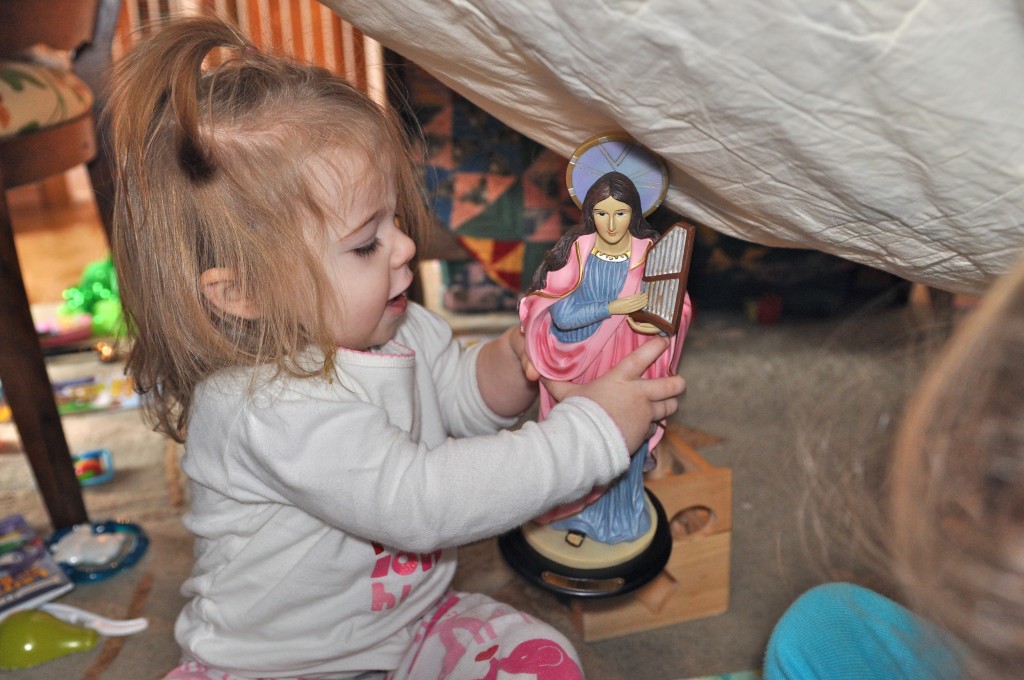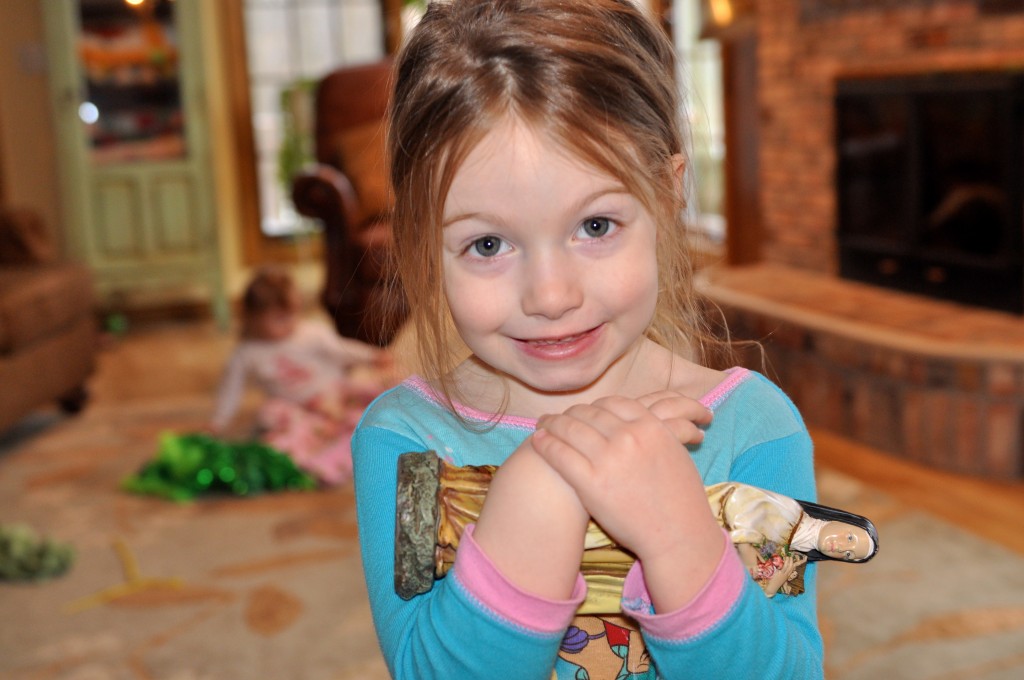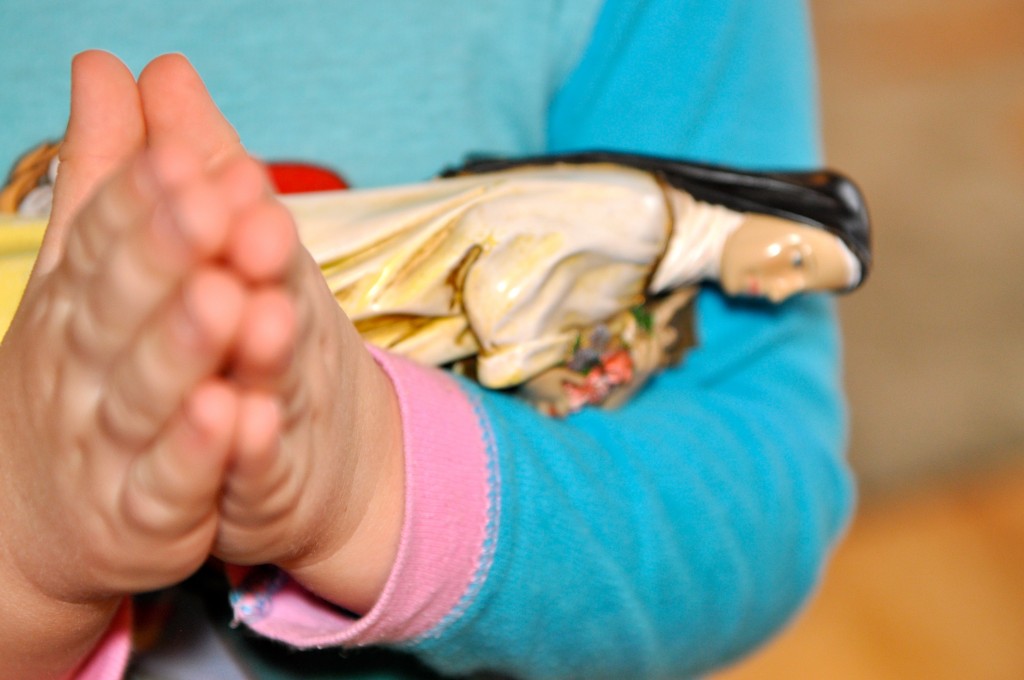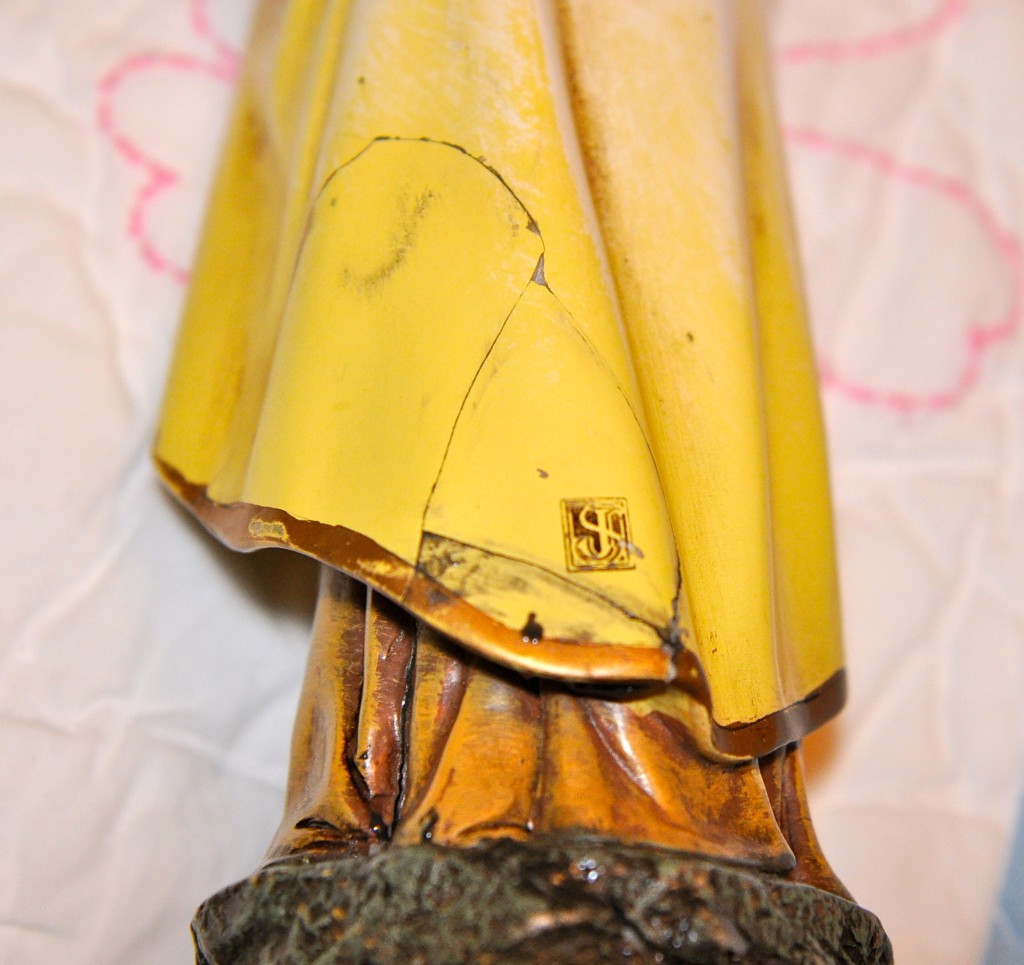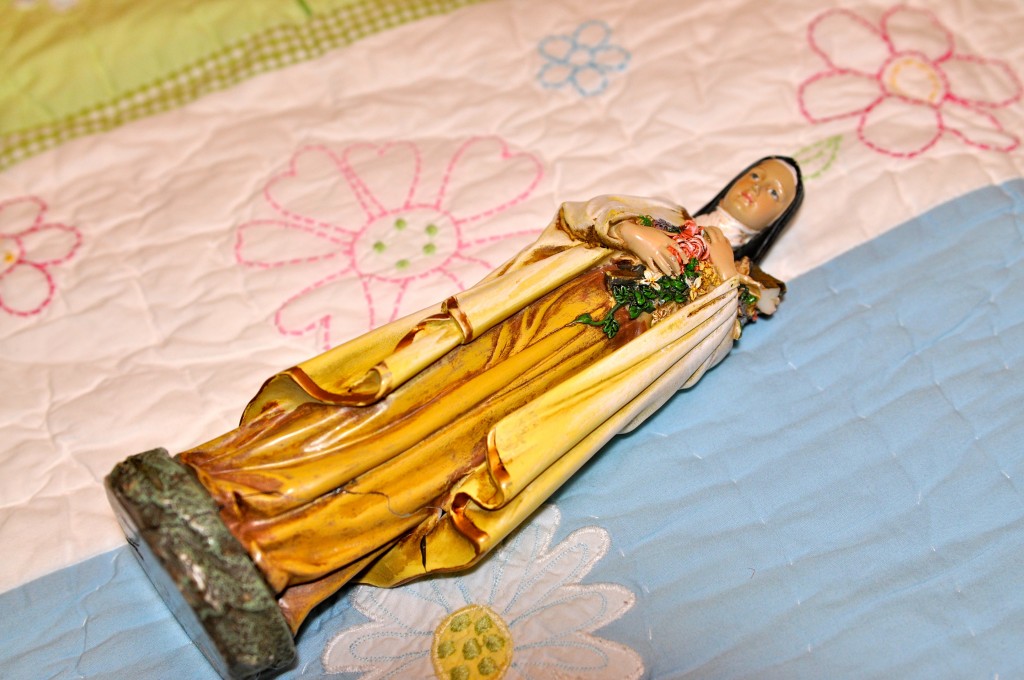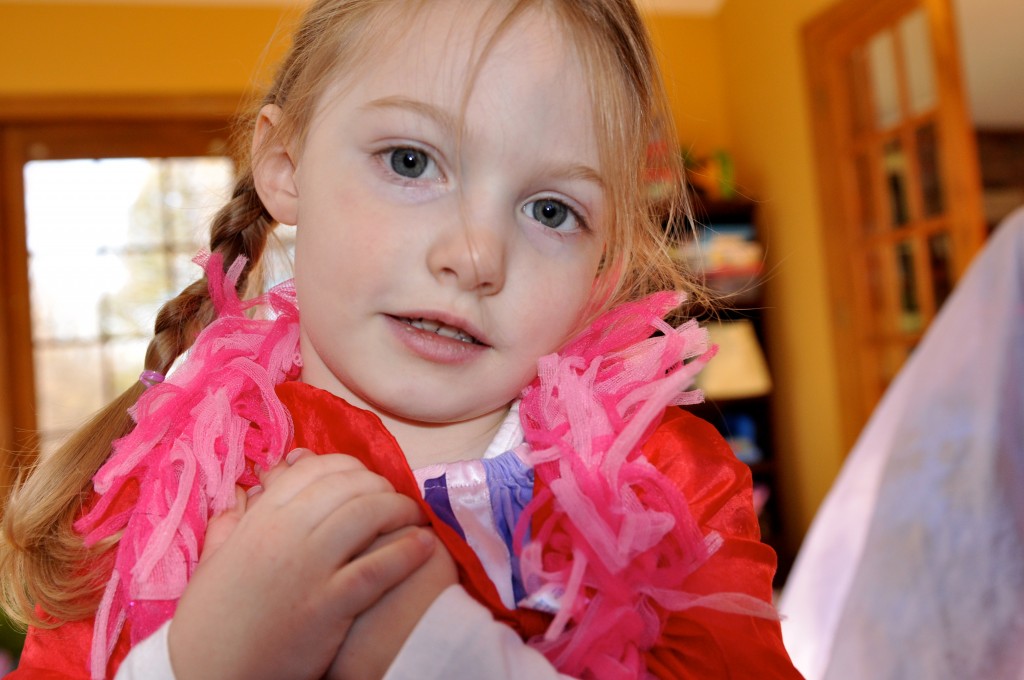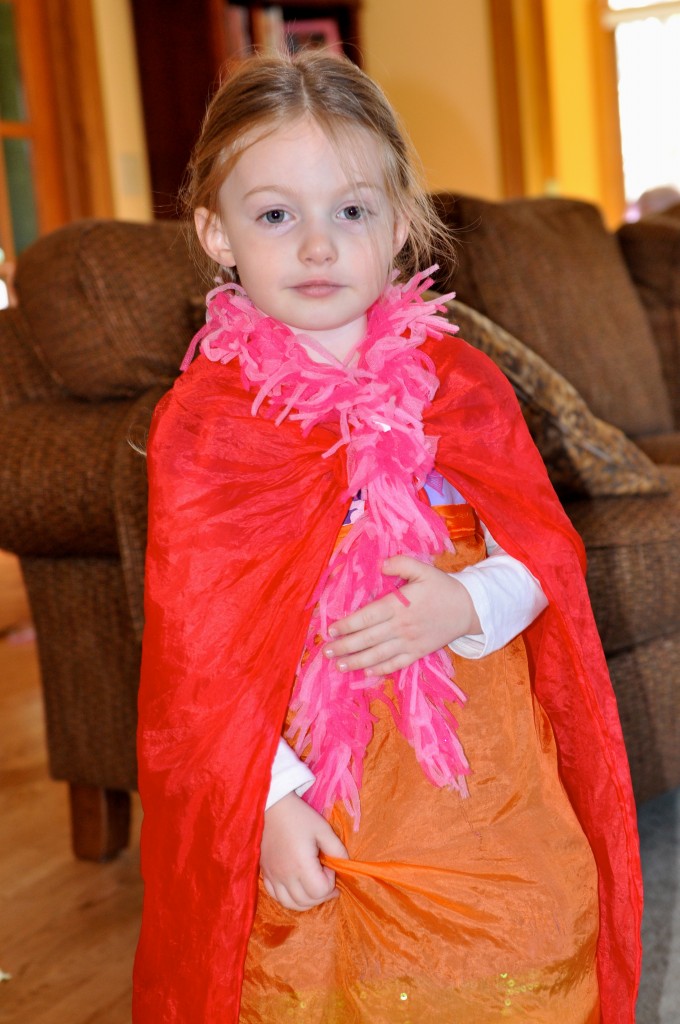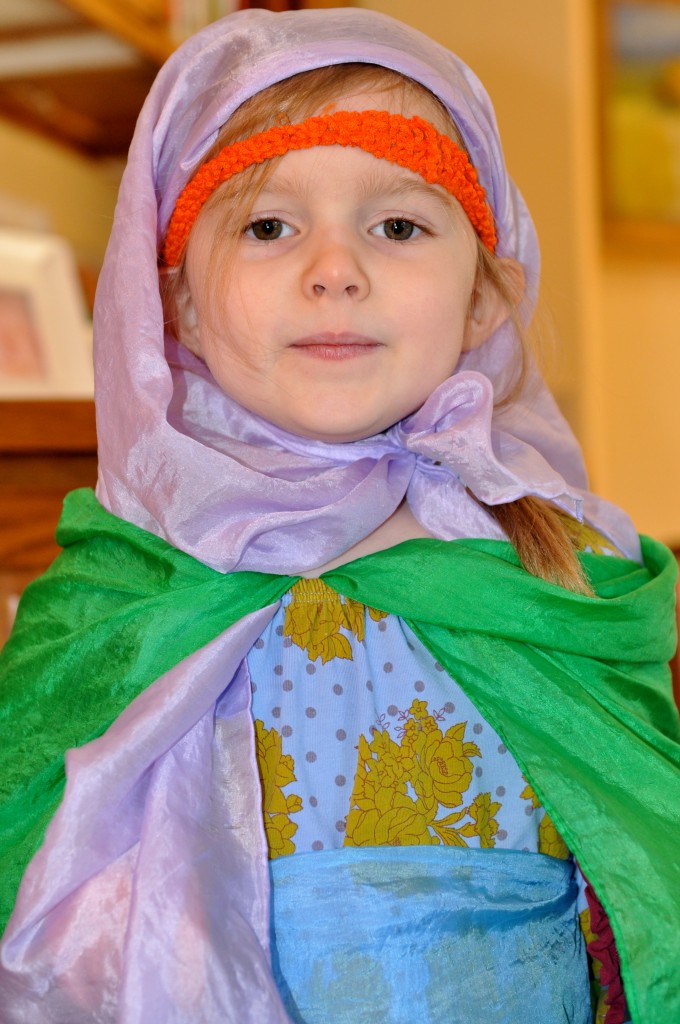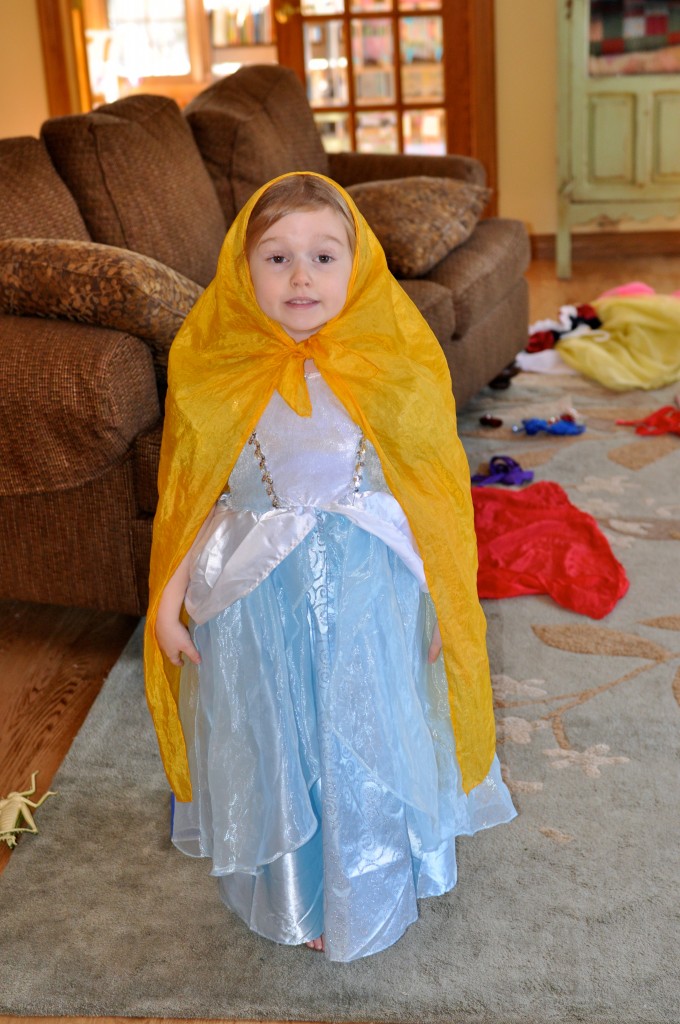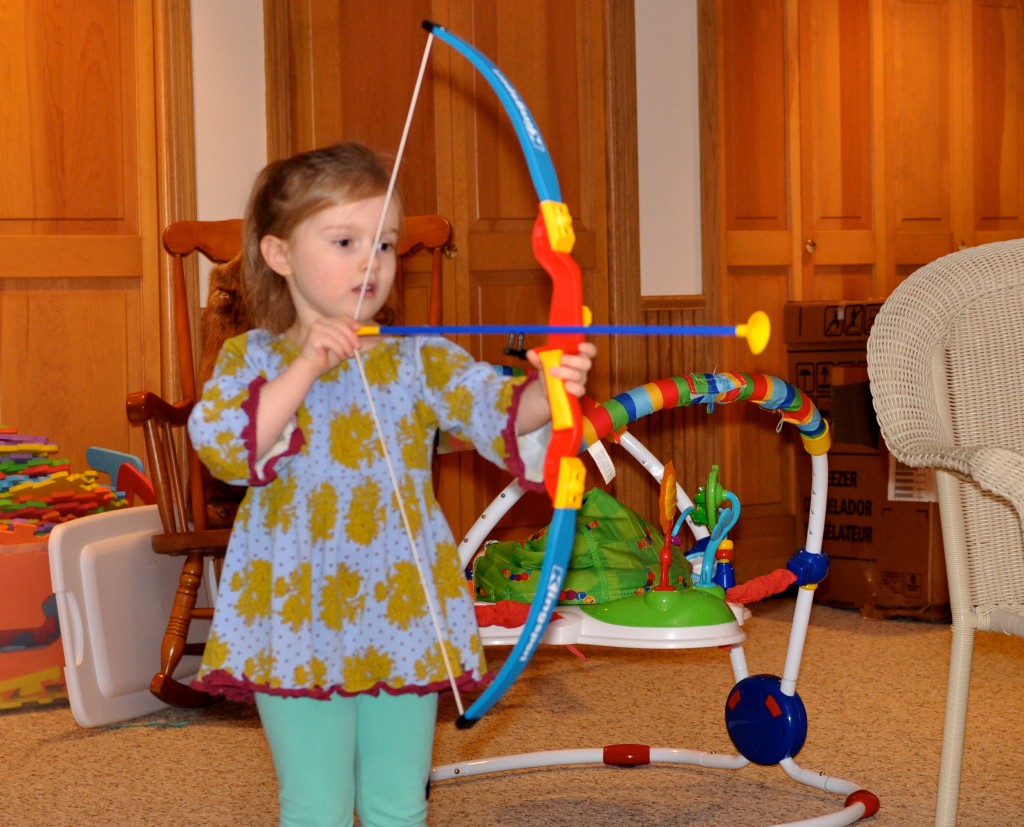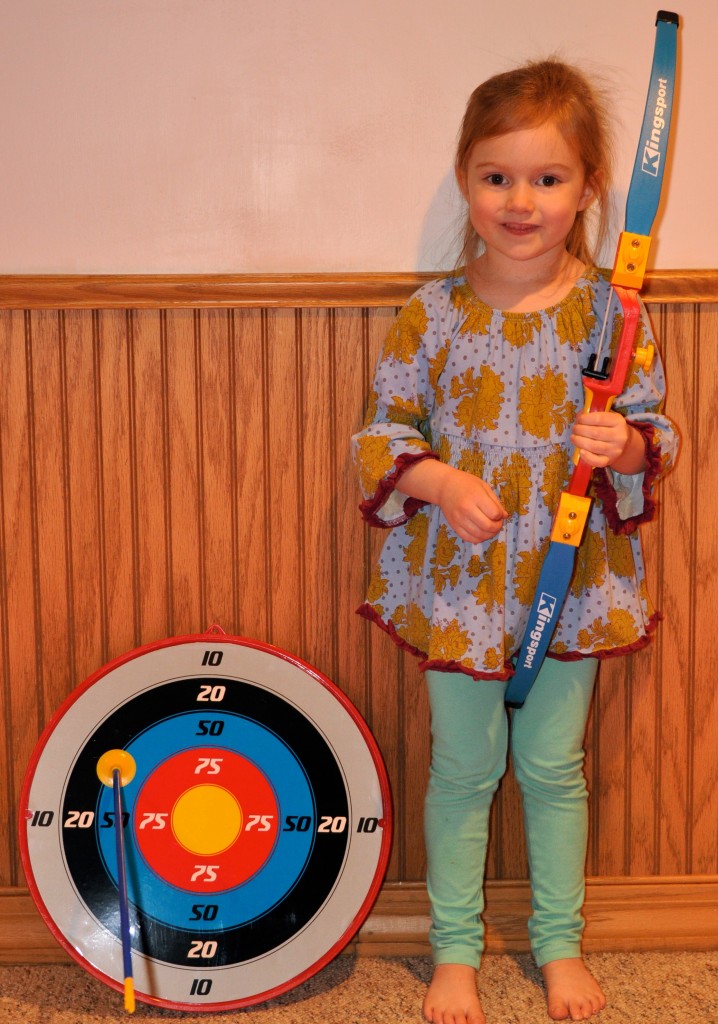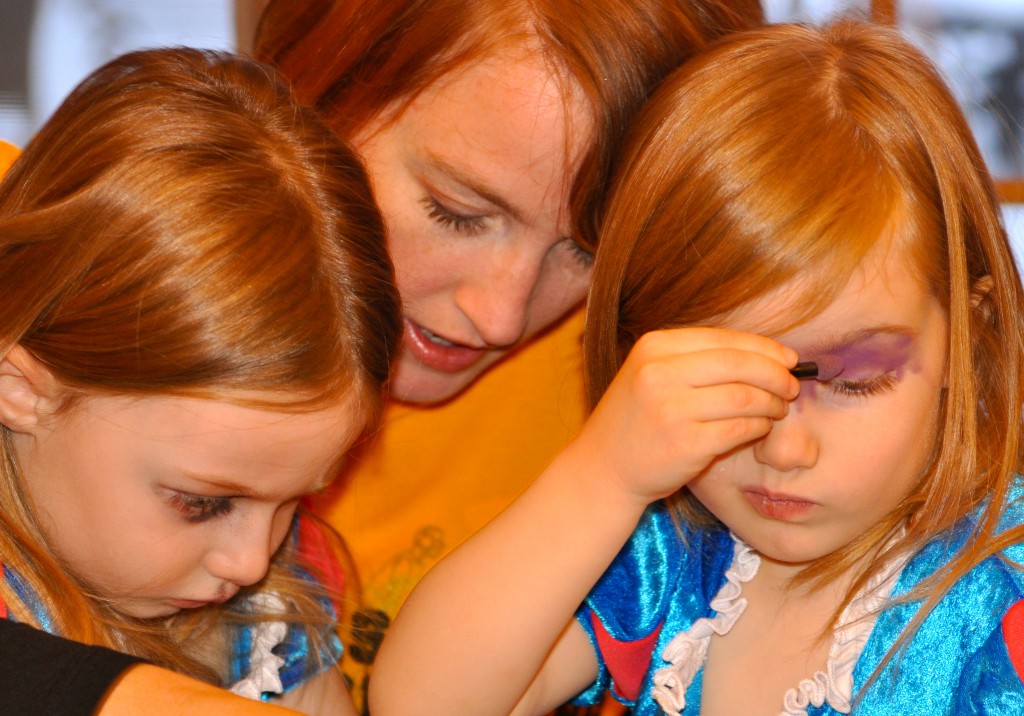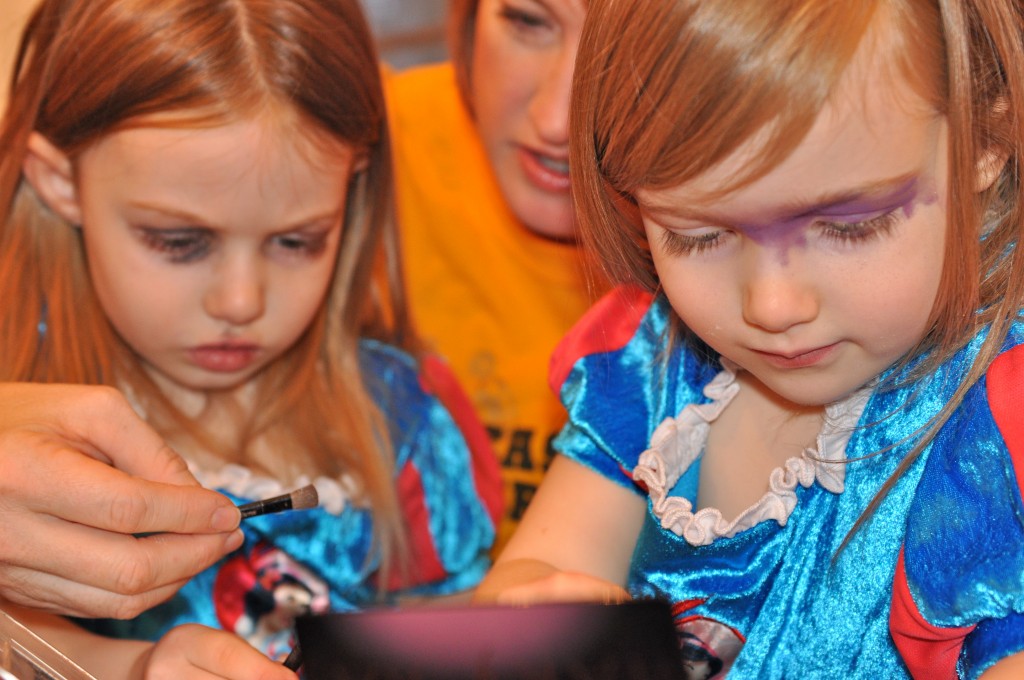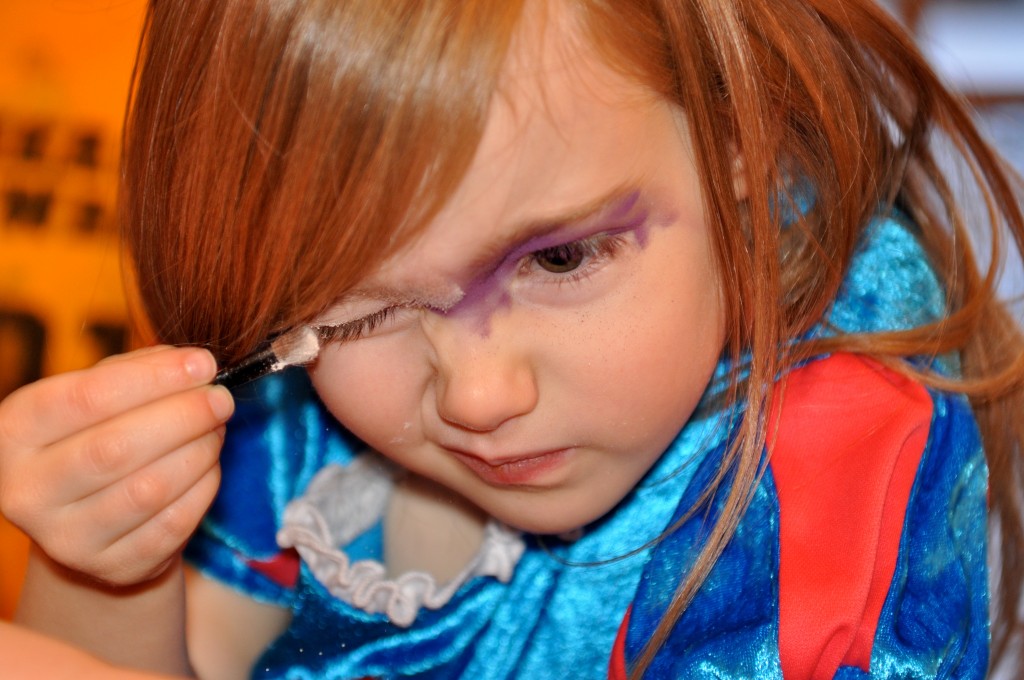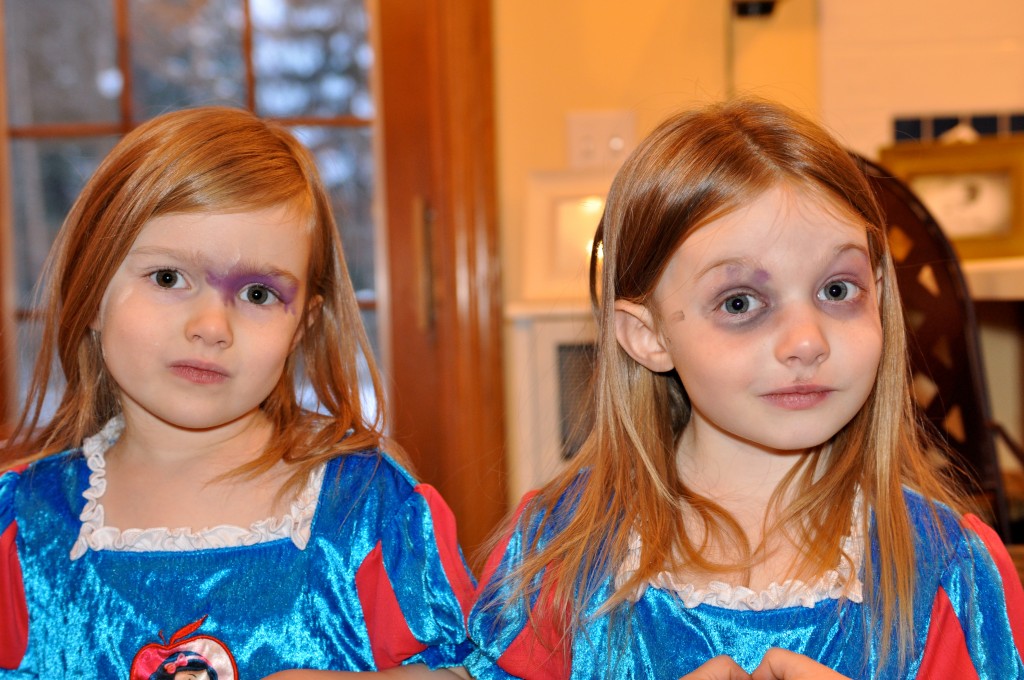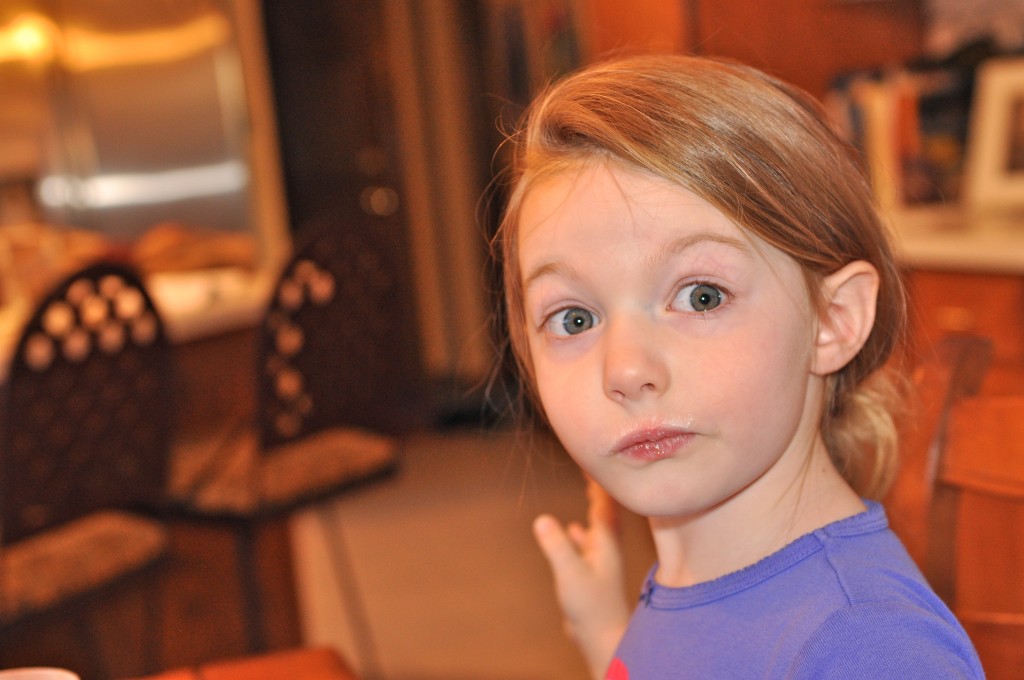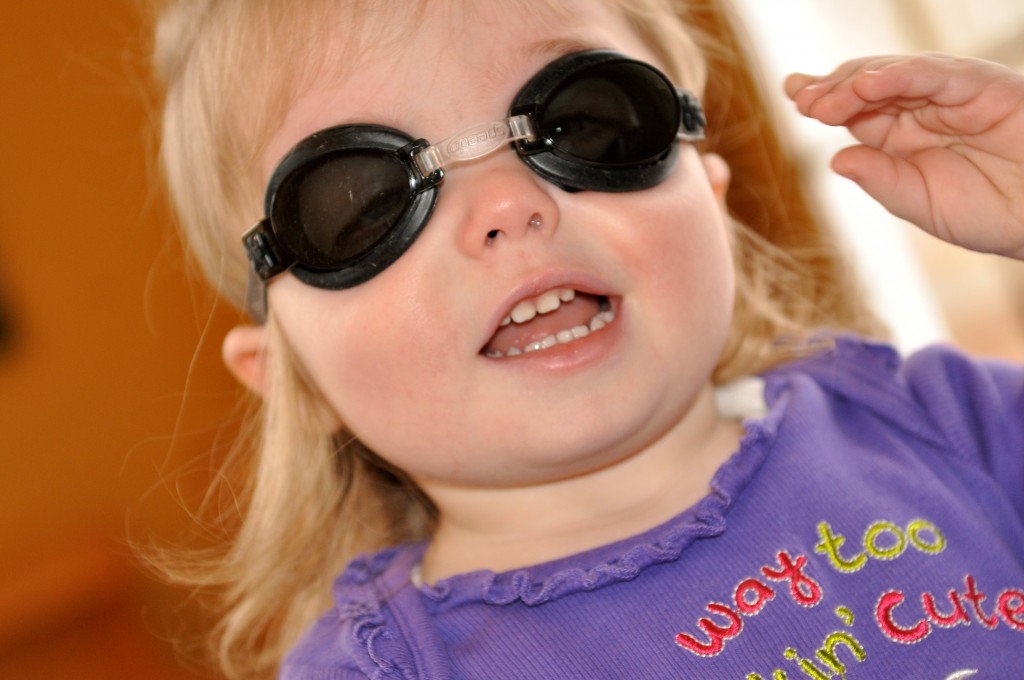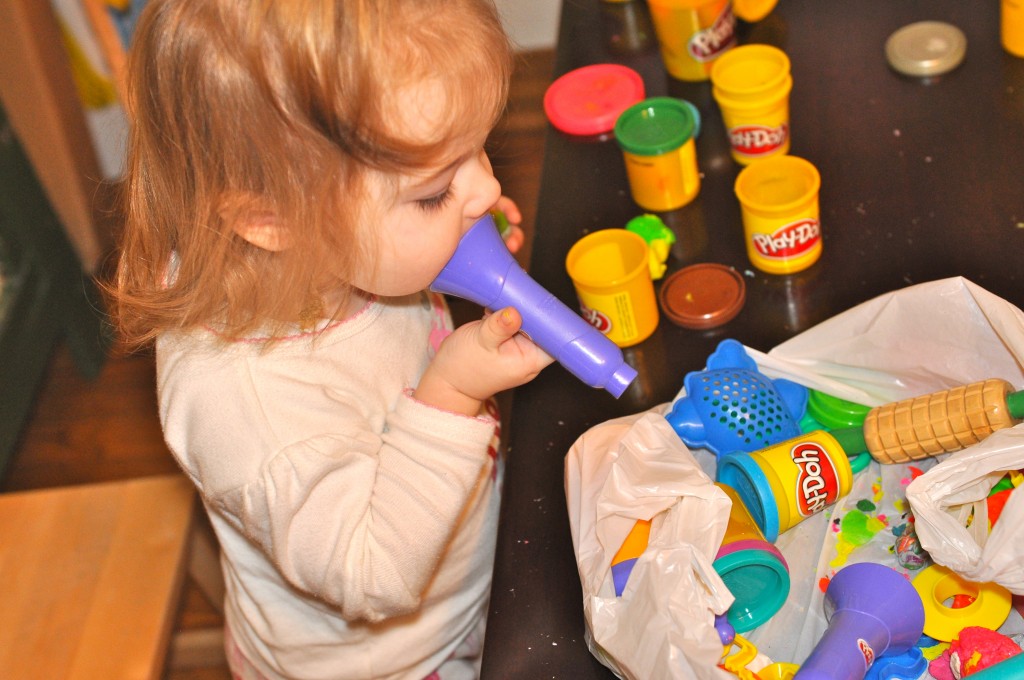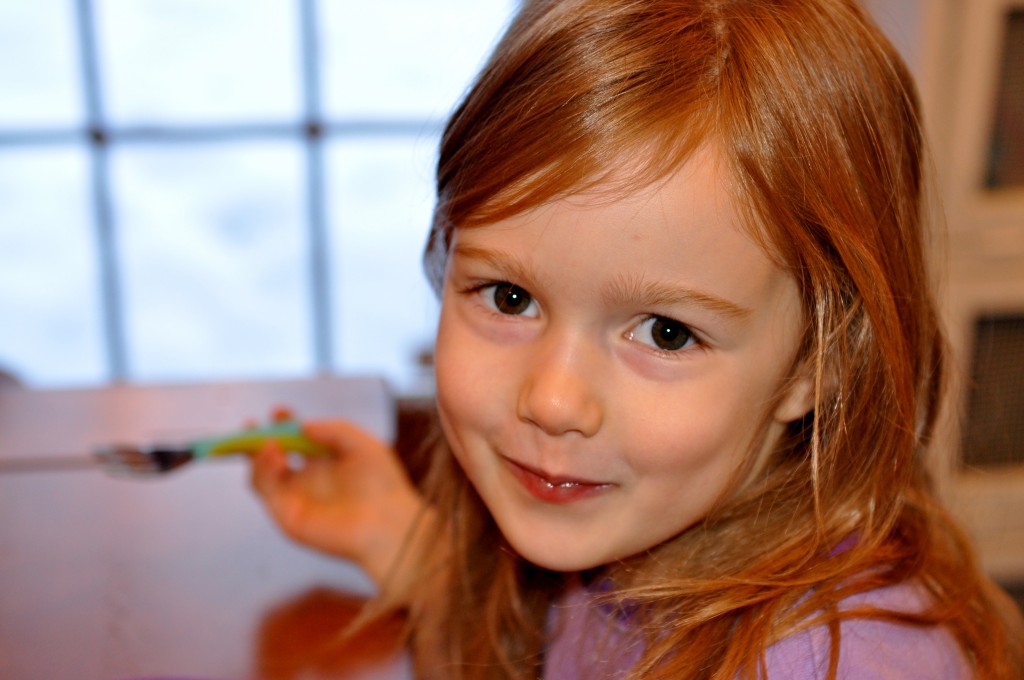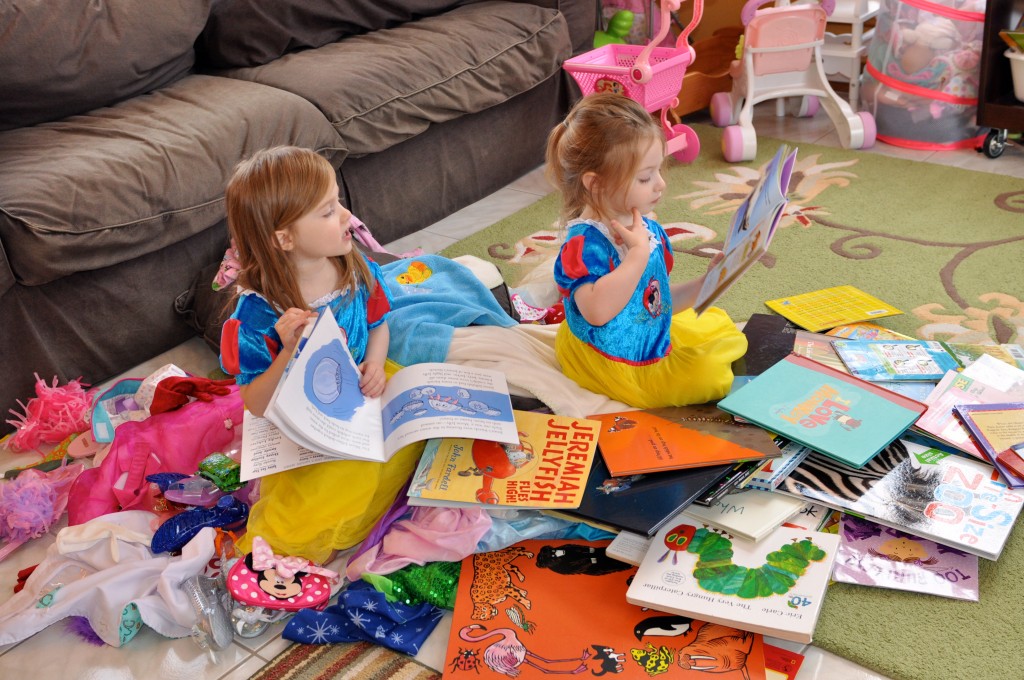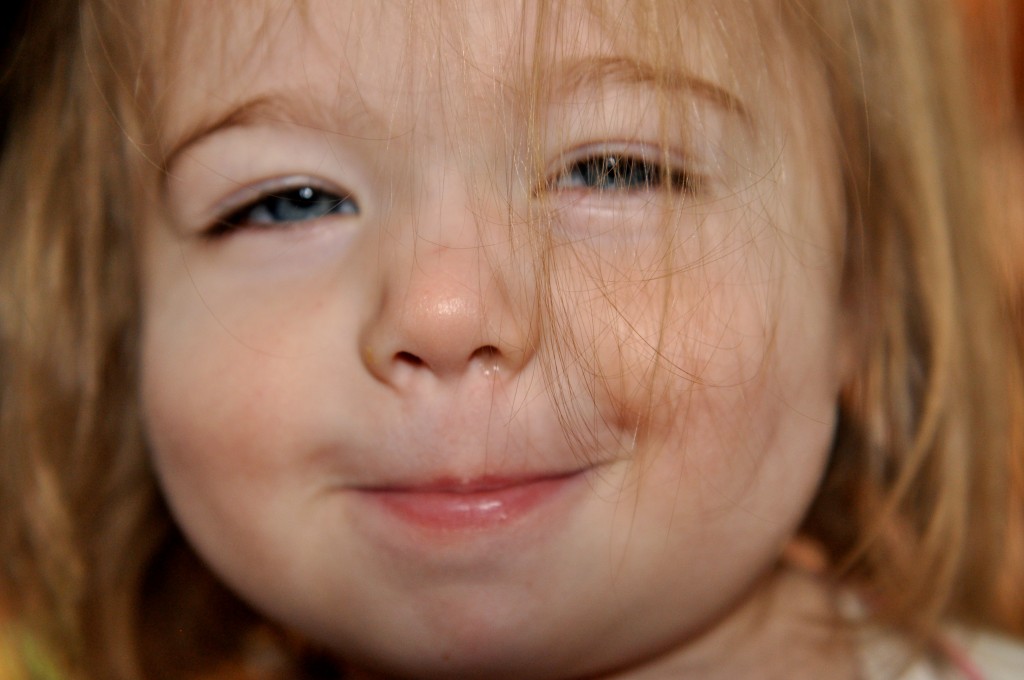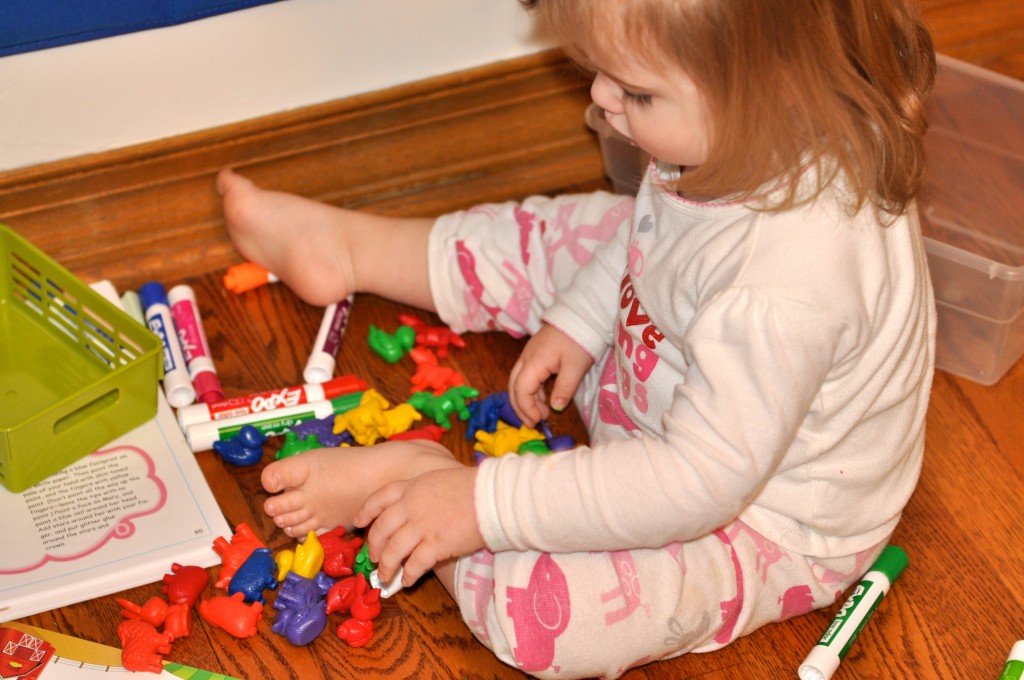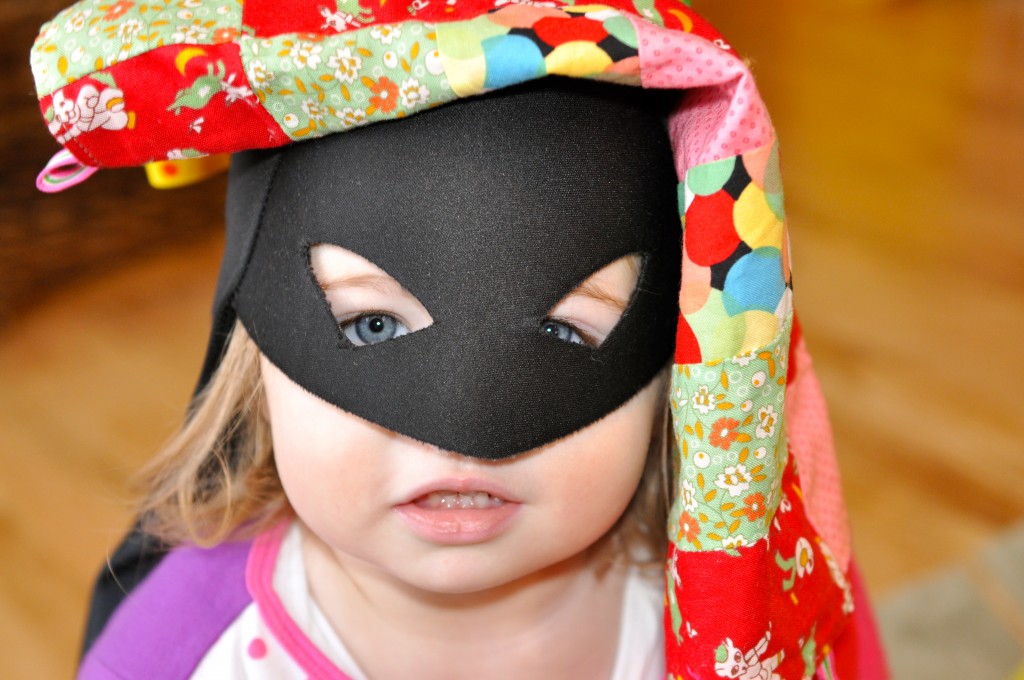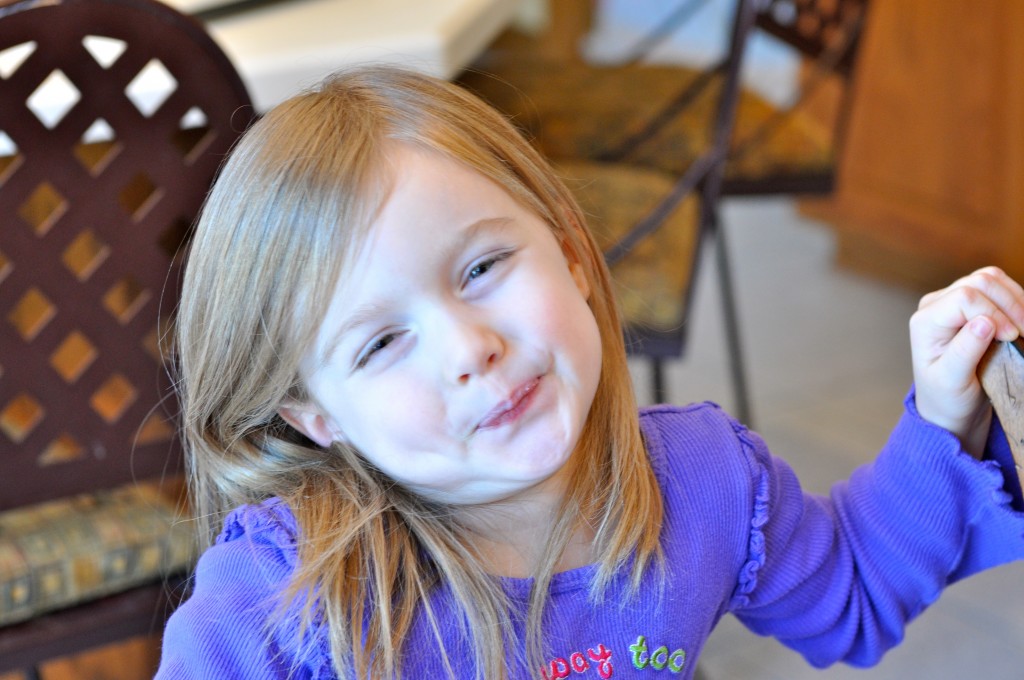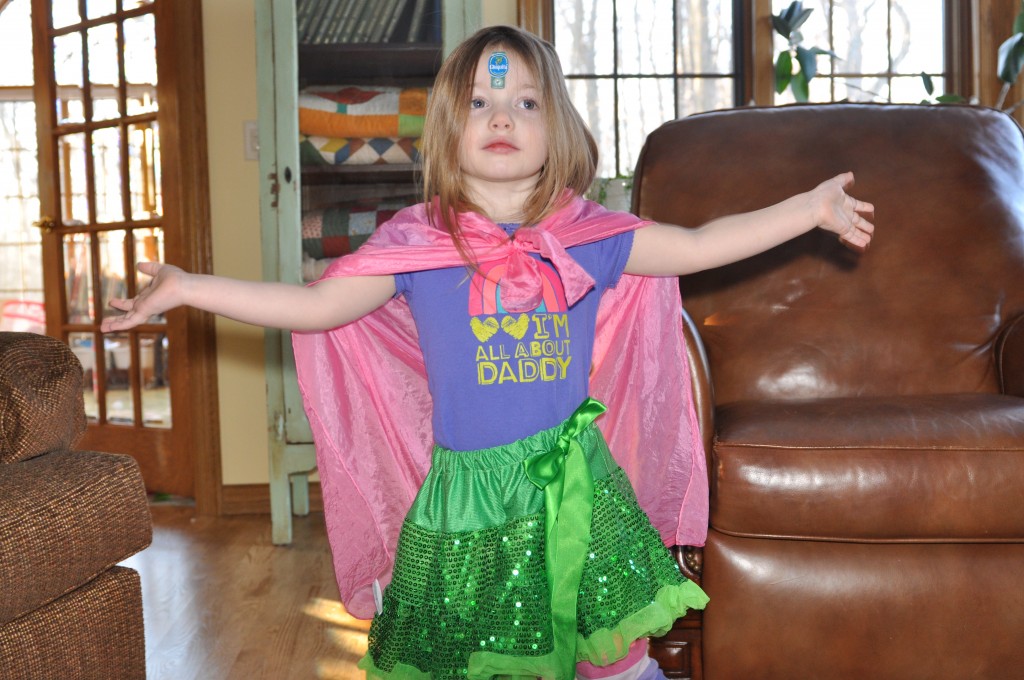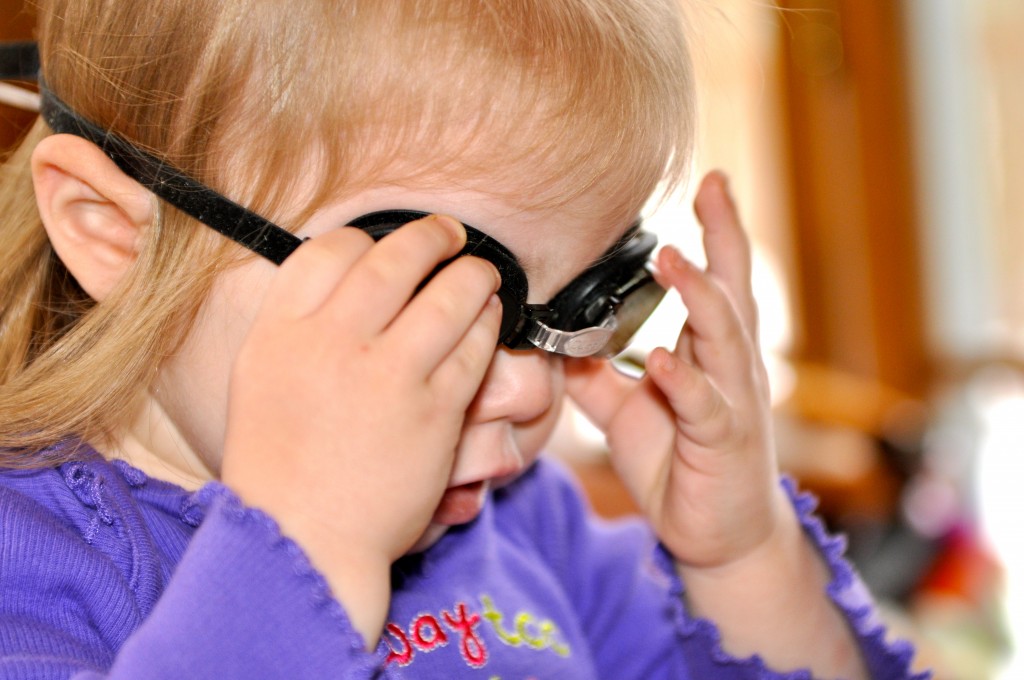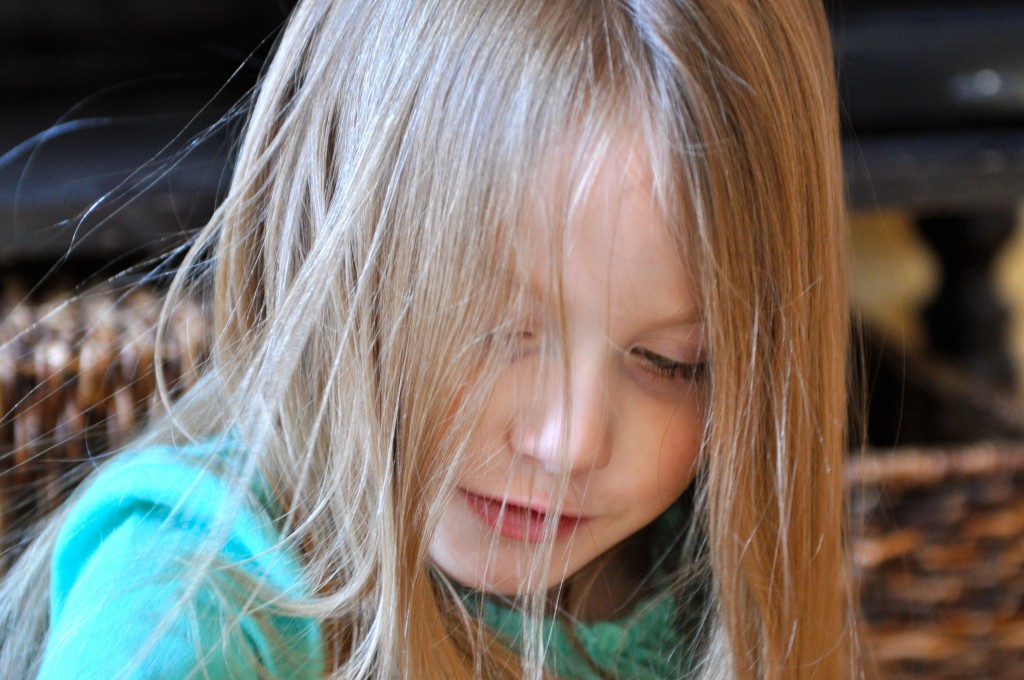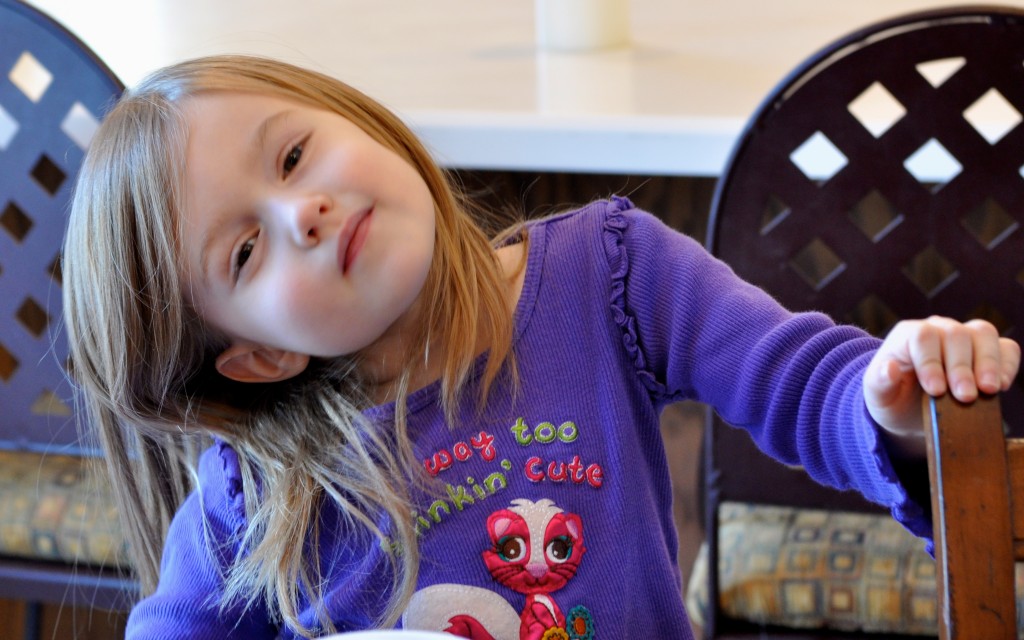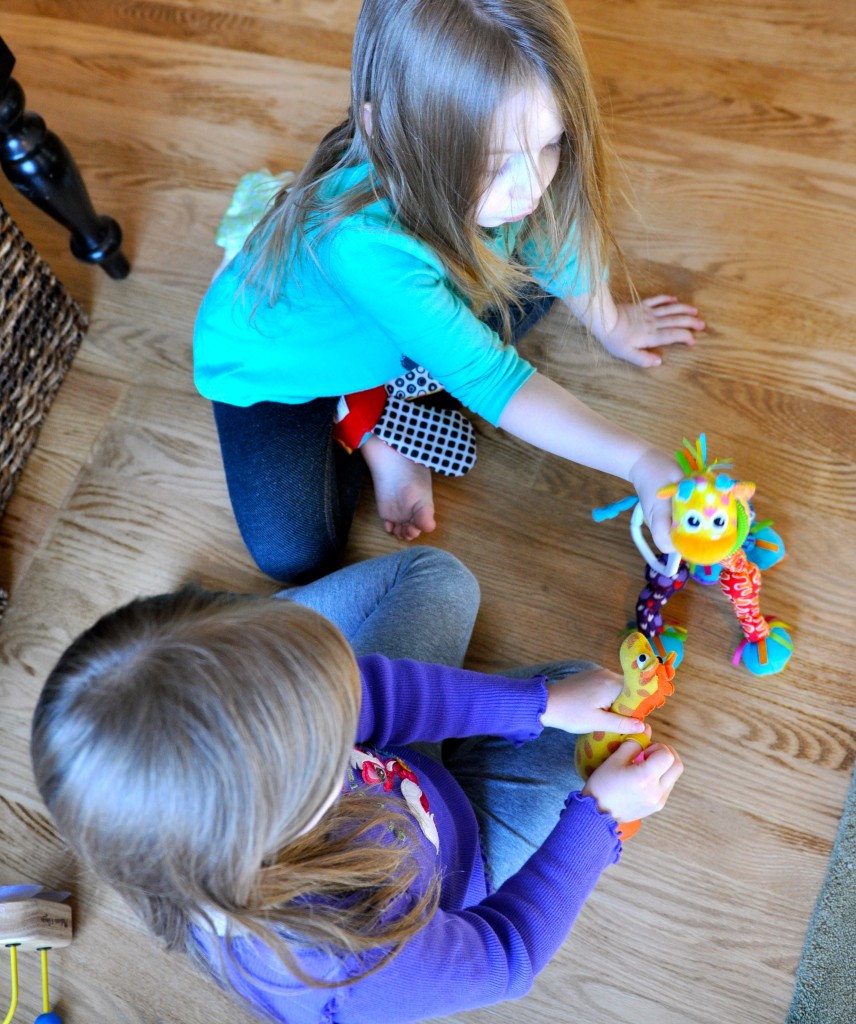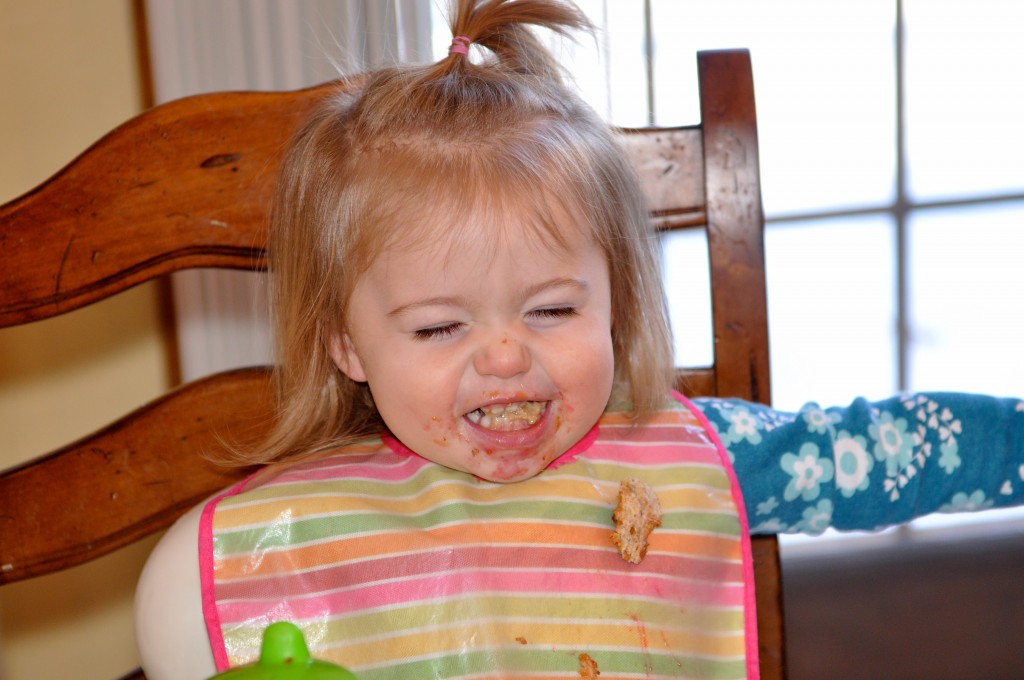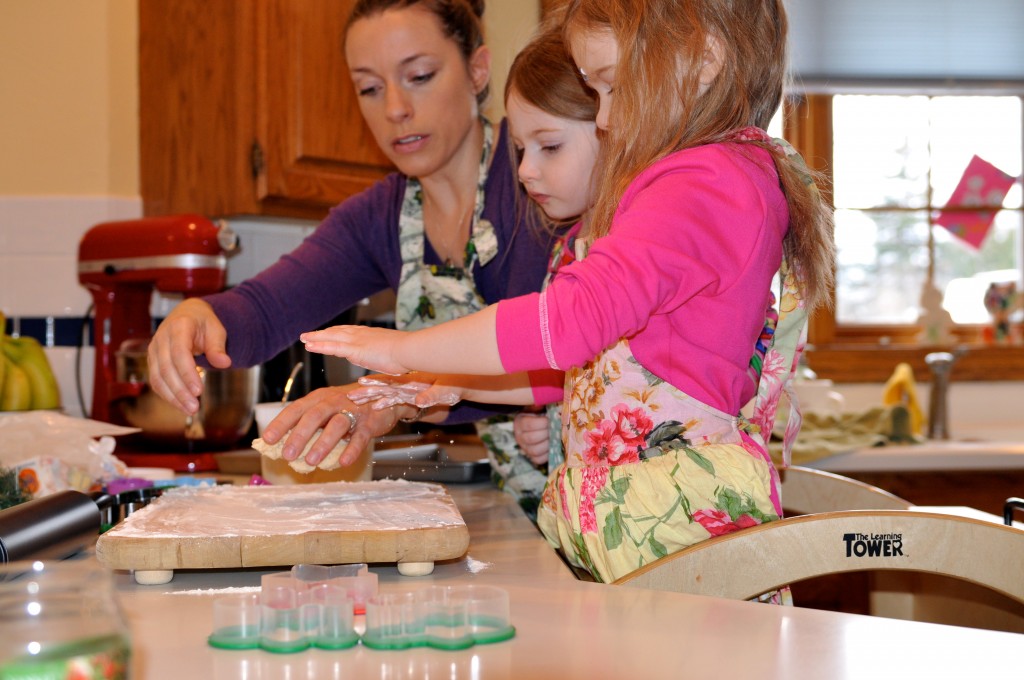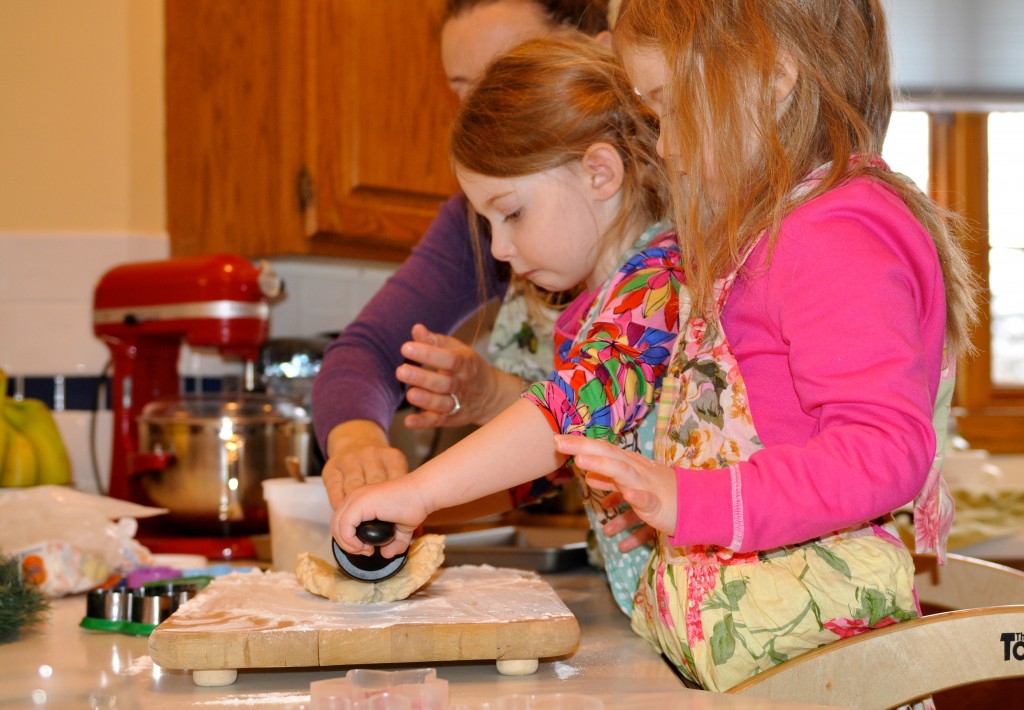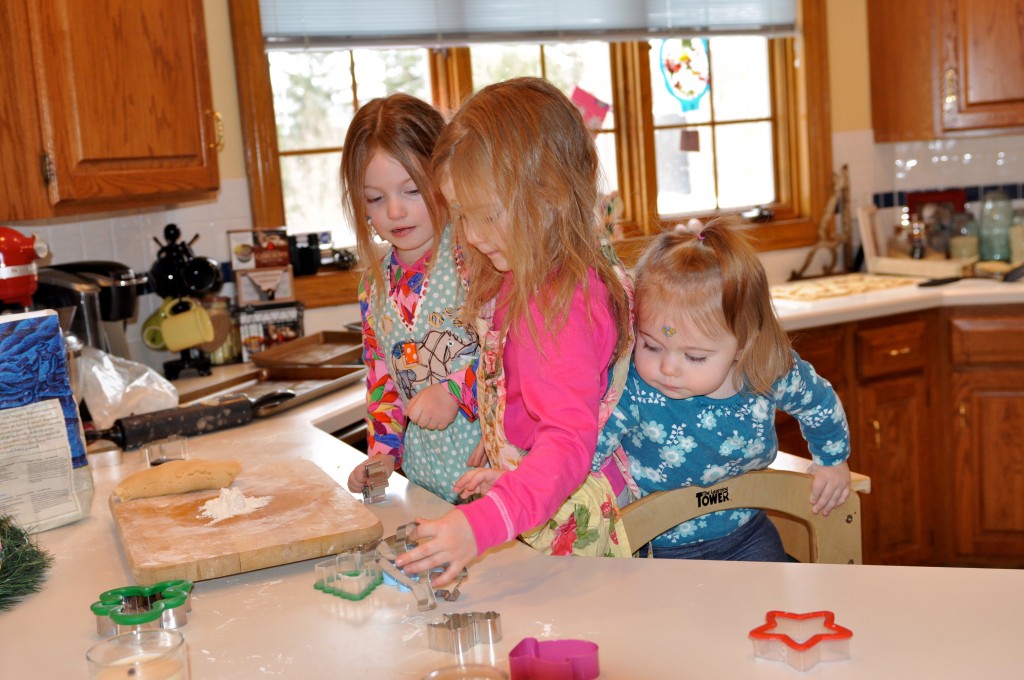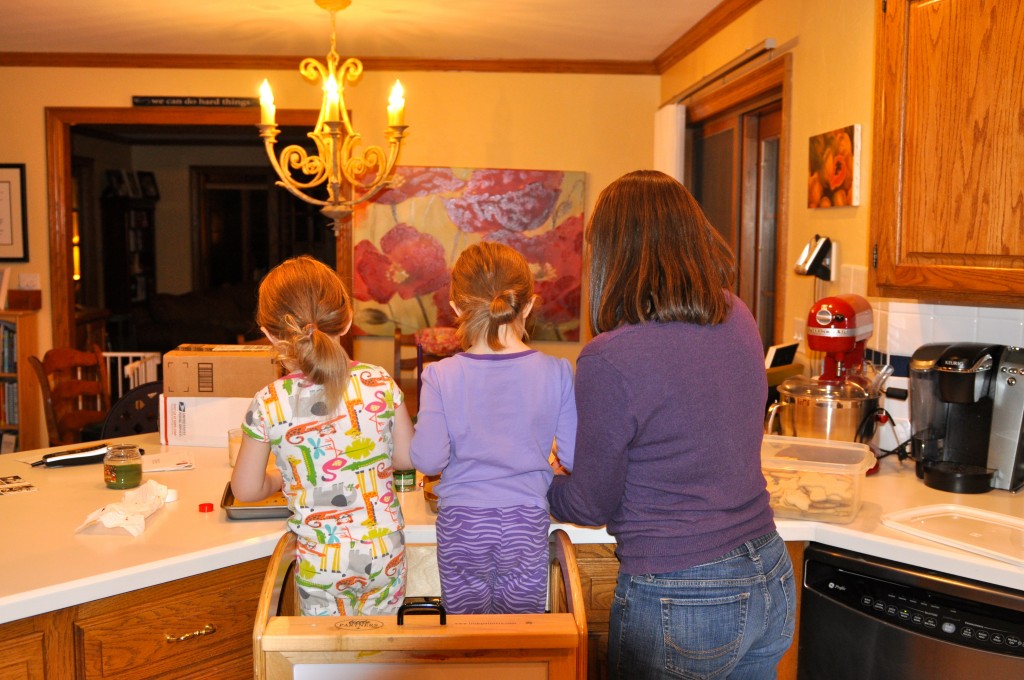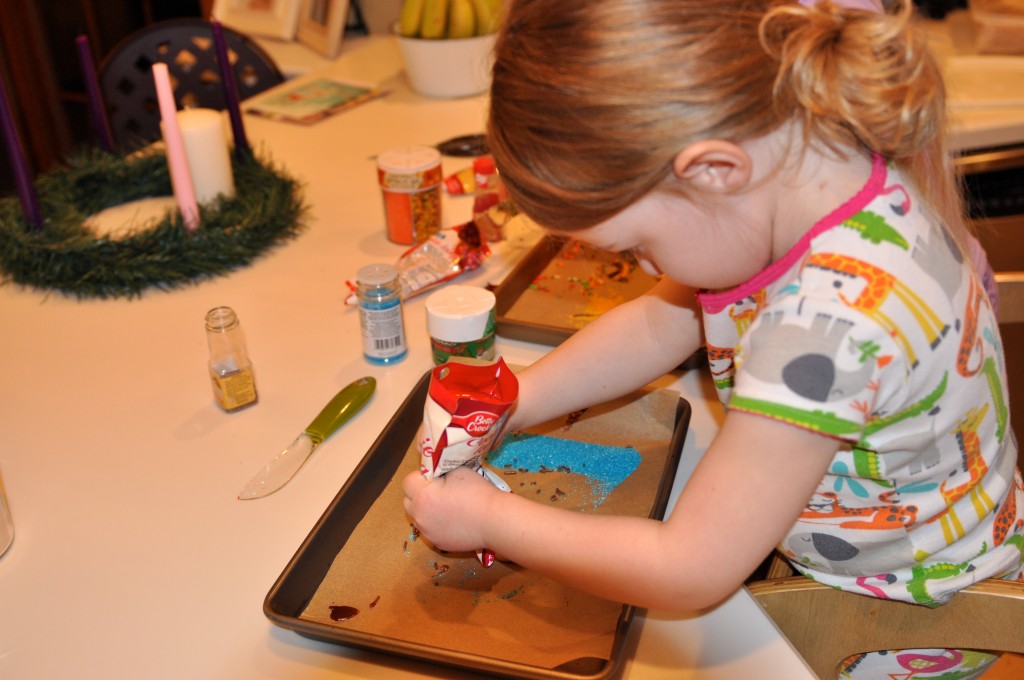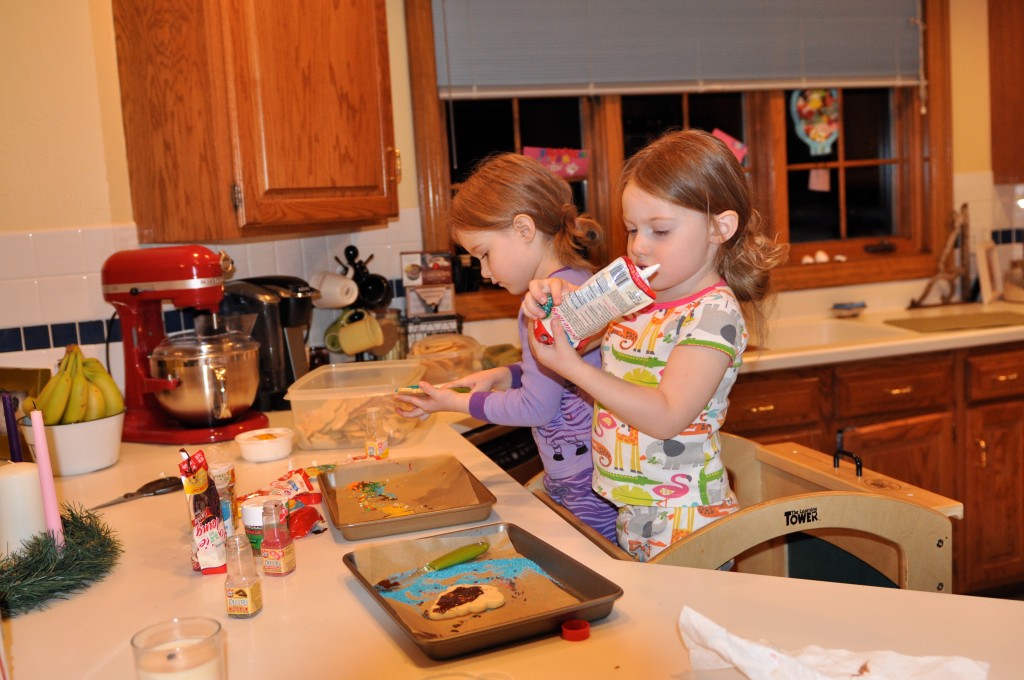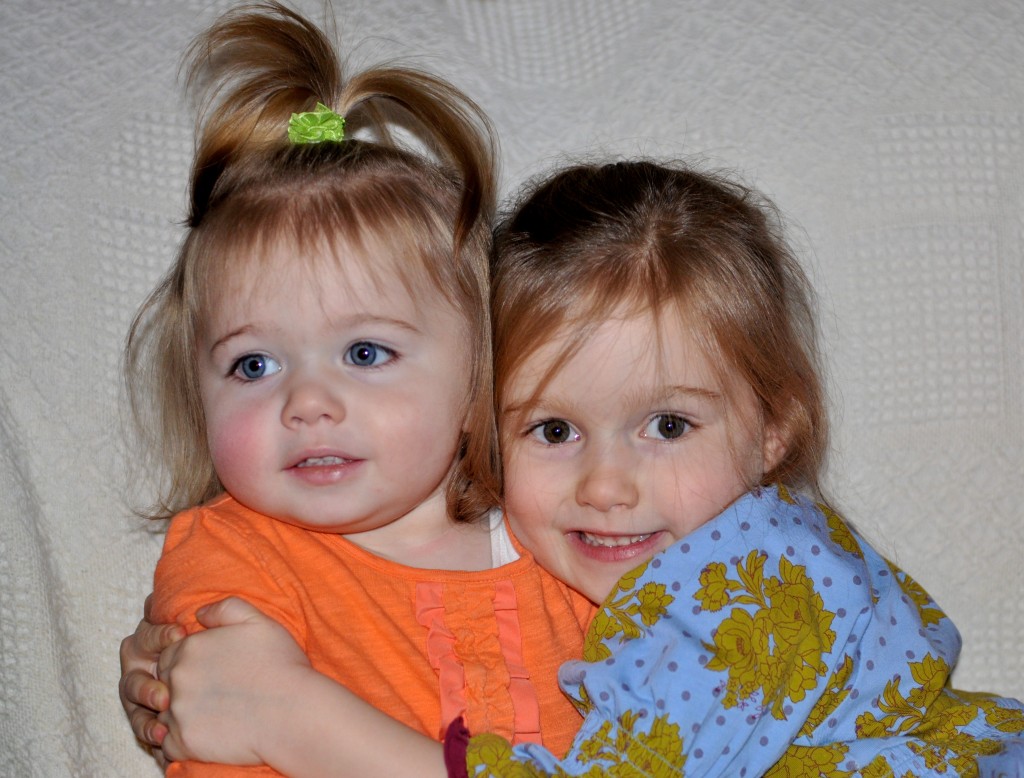Quick recap from My Conversion Story, Part 1 from last week: Last January I had a miscarriage and said a prayer for the first time in a long time. Then in February one of my husband’s vocal cords became paralyzed, I said more prayers, it sucked. In March, we went to church, my husband bought me coffee as a reward, I believed in God but not in Jesus as His Son. In May I had a brief crisis with Catholicism and felt sad that I might not go to our church anymore, but then it was okay, and I realized I really liked the Catholic Church, but I still did not want to become Catholic. Got it? Good. Moving on.
Shortly after I wrote my first post about why I like the Catholic Church, another blogger wrote her own post ridiculing me for it. This shocked and upset me and led me to think and think and think about my reasons for liking the Church (And to write another post about it). And then I got all fired up, because I realized that the other blogger seemed to be using my post and dissing on me as a way to indirectly criticize Catholicism. Which made me mad because that is my church! And then I liked Catholicism even more.
Around this time, I began to experience a need to read everything I could about Christianity and Catholicism. I read lots of stuff, so I won’t list it all here, but there were two books that truly challenged me and changed me.
The first was The Hiding Place by Corrie Ten Boom. A true story about a family that ran an anti-Nazi operation out of their home and store and hid Jewish people during WWII. I was truly amazed by the faith of the people in this story. I can’t really describe what this book was like for me. Reading it felt like someone had lifted a veil from my face or something. Seriously deep thoughts resulted from reading this.
The second book was Rome Sweet Home by Scott and Kimberly Hahn. Scott and Kimberly were evangelical Protestants (I think Presbyterian?). He was even a pastor. This book is the memoir of their conversions to Catholicism. It describes the process by which the Hahns learned about and overcame their previously held mistaken beliefs about the Church. You know the types of beliefs I mean, like how people think Catholics worship Mary, or how Catholicism is all about what the Pope says and not about what the Bible says. The book was also full of the emotion (good and bad) that comes with finding a home in the Church. Even when you never, ever, ever thought that’s where you would end up.
Some time during the early summer, I began to experience Mass differently. I had begun to truly believe and I found that going to Mass left me with a feeling of peace and tranquility unlike anything I had ever really experienced before. I also began to struggle with not being able to receive communion. I felt something like an ache and a longing when everyone else went up to the front of church to do so, and I had to stay behind. I found this to be odd, and I spent quite a bit of time thinking about it to figure out what it was about.
I was shocked to find that, in my heart, I wanted to become Catholic. I wanted to be able to receive the Eucharist. I didn’t really understand the Catholic belief of transfiguration (that the bread and wine actually become the body and blood of Christ through the priest’s consecration of them), but I knew that I wanted that bread and wine. Very much.
I scoffed at this desire for a while, feeling that I was being silly. But it didn’t go away. I really wanted to become Catholic. But I didn’t want to tell anyone.
See, I grew up during the years of the televangelism scandals. I remember seeing and hearing about very theatrical displays of “finding religion” and thinking that these were weird and in some cases kind of fake. Even back when I still believed in God (I mean before I didn’t believe and then believed again), I found the dramatic displays of evangelical conversion and other experiences to be unsettling. I felt uncomfortable with these, and it seemed like people felt they had to put on a show to prove that they were “true Christians.”
Then after I became an atheist, I just found it all to be silly. I thought I had it all figured out and that those who believed in God were just naive and pollyannaish. I thought that I was being all “scientific” in my rejection of religion. I thought there was no “evidence” to support the existence of God. I thought I was so smart.
This is hard to write, because it makes me seem like a total jerk. And I was a jerk about this particular issue in many ways. I had spent so many years making light of others’ experiences of “finding religion” (seems I always used the air quotes in my mind) based in part on some bad TV from the 80s and in part on my own hoity-toity beliefs that I knew “the truth,” that I was hesitant to really embrace my own experience. I sure didn’t want to share it with anyone else, because I was afraid I would be ridiculed or that people would find my conversion to be insincere.
I had to take some time to think about it to make sure it was the right decision for me.
At the time I first realized I wanted to become Catholic, I was slowly working through reading Mere Christianity by C.S. Lewis with a friend. When I first started reading the book, I was so annoyed with some of Lewis’s assertions about why we must accept that there is a God. In many instances I thought, “Okay that’s nice, but that’s not evidence. You can’t expect me to believe this if you can’t back it up better than that.”
Having a background in scientific research, I am naturally skeptical and have a tendency to look for alternate explanations for everything. When I started researching Christianity, I think I was looking for some hard data. I wanted evidence for the existence of God and for the assertion that Jesus was His Son.
But then as I read more of Mere Christianity and many other books and blogs and continued on with my own experiences of prayer and going to church, I began to have my own very real encounter with God. I couldn’t quantify it. I couldn’t measure it or prove it to anyone else. I was the experimenter and the test subject. I was an N of one – a case study. I was using my own anecdotal evidence. It would be terrible research design, but it turned out to be perfectly sufficient for my own personal experiment.
I actually did end up reading plenty of information about the existence of God. About Jesus and the Bible and the origins of the Church. I found that there actually is a lot of evidence out there to support Christian beliefs. But for me, the proof that I needed came from my own experience. I knew that God was real because I felt Him. I knew that Jesus was His Son because every Sunday I sat in the Church He built and felt Him too.
And finally, I knew that I wanted to become Catholic, without a doubt. Everything I learned about it felt right for me. I wanted to join the Catholic Church, because it was home.
I finally told my husband I wanted to convert. I wondered if he would think it was weird that I wanted to join the Church, but of course he didn’t. Neither did Super Friend. Neither did my Mom, or anyone else I told. I realized that most people don’t have the same thoughts about religious conversion that I used to have. And for those that do, I decided I didn’t much care what they thought about my conversion. It was something I just felt I had to do. So I contacted the director of the RCIA program at our church and got signed up.
Eight months later, my conversion isn’t quite complete of course. A lot has happened and I’ve learned a ton since July, when I decided to become Catholic. I won’t officially join the papists until the Easter Vigil Mass on April 19th. On that day I will become a bona fide convert. But since last summer, I have been a convert in my heart.
This whole conversion process has humbled me in countless ways. It’s led me to take a hard look at myself in many areas. I haven’t always felt this way, but I now know that it doesn’t really matter why or how someone comes to a place of finding God. It will be different for everyone. For me the experience has been very painful. And also very beautiful. I wouldn’t change it for anything.
